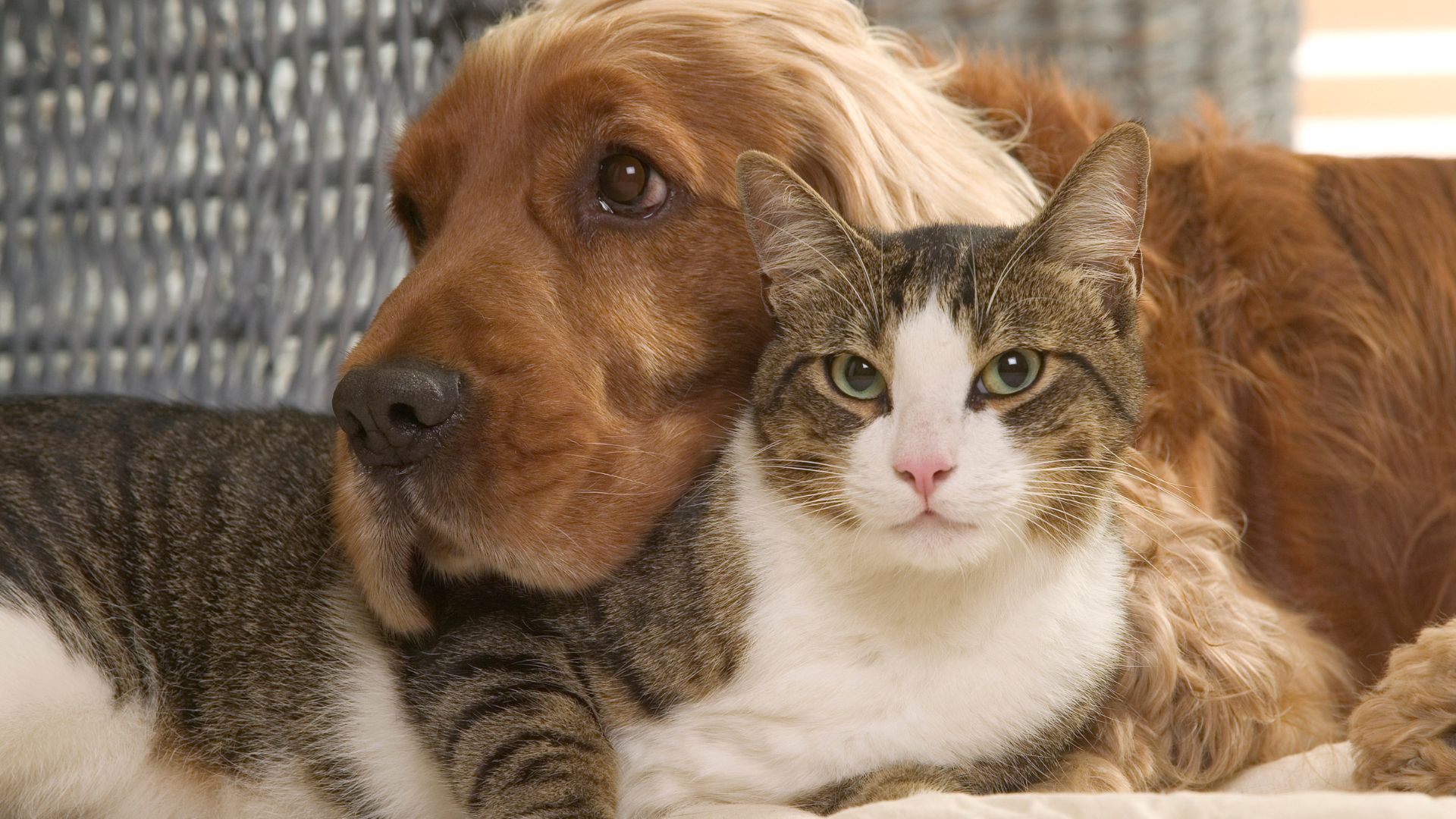
It’s a debate as old as time: which makes for the better pet, a cat or a dog? After doing our research, we’ve come to the conclusion that our feline friends make for easier, cleaner and more hassle-free pets.
For example, did you know that cats can live for longer than their four-legged furry counterparts? And that they usually require less training than dogs? Plus, if you’re strapped for time but would love to reap all the rewards pets can bring, cats don’t require a lengthy daily walk. Generally speaking, cats tend to walk themselves and keep active playing with their toys or from jumping on high perches. While they do need mental stimulation, they can often get their fix through puzzle toys, scratching posts and by flexing their hunting instincts by playing with a cat wand.
So, as you can see there are lots of perks to having a pussycat as a pet. And we’re only just getting started. To discover why cats are better pets than dogs, keep scrolling.
Reasons why cats are better pets than dogs
Kittens require less work than puppies
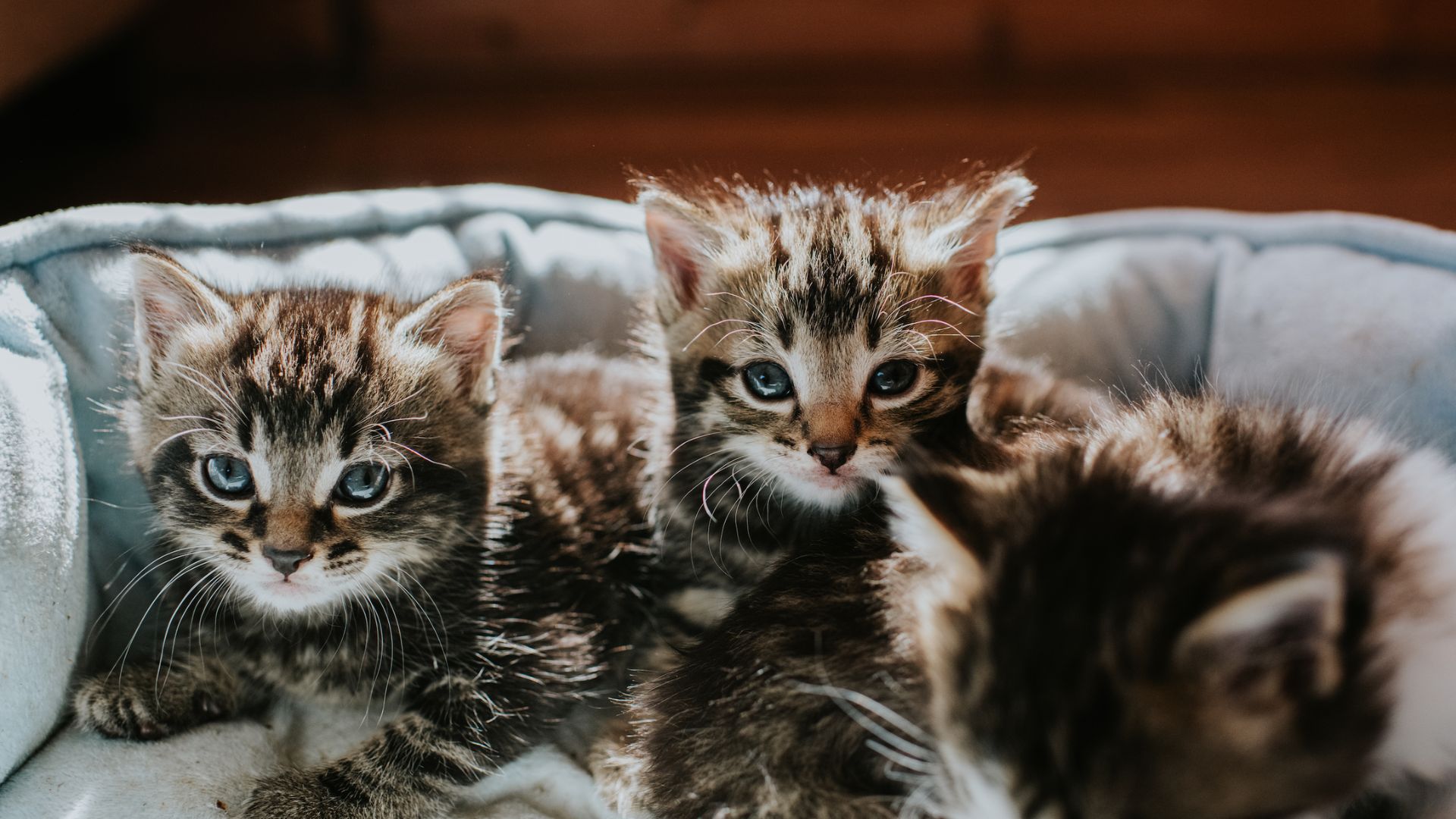
If you’ve raised a puppy from birth, or you have seen friends and family who have, you’ll know that these bundles of joy require a lot of time, effort and consistency to raise them well. Of course, this is all well and good if you have the time to do so and it will feel very rewarding seeing your puppy grow into a fully fledged adult. However, kittens are generally less work as they are independent creatures who like doing things for themselves. Once your fur friend feels safe in their new pad, is familiar with their food and knows how to use their litter box, your job here is pretty much done.
Cats can keep rodents at bay
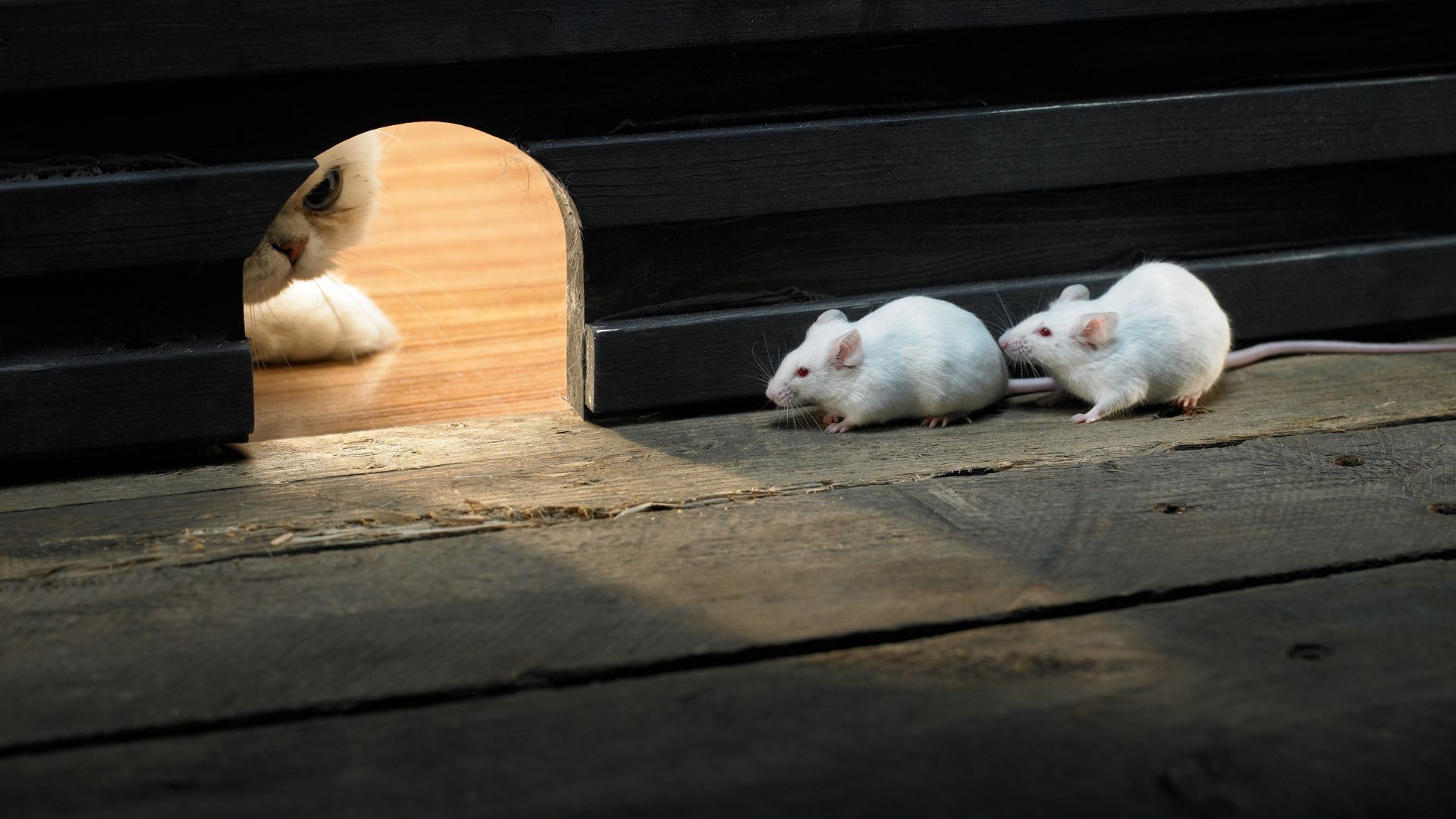
Do you live in an area that is riddled with rodents? Or perhaps you have unwanted house guests? Whether it’s mice, rats or reptiles, if given the chance, most domestic cats will put their natural hunting instincts into practice by preying on these outdoor creatures — even if they are well fed and watered! While this is not always warranted, if you find your home is infested with small rodents, we know a furry pet who would happily take the problem off your hands no questions asked.
Cats create less mess
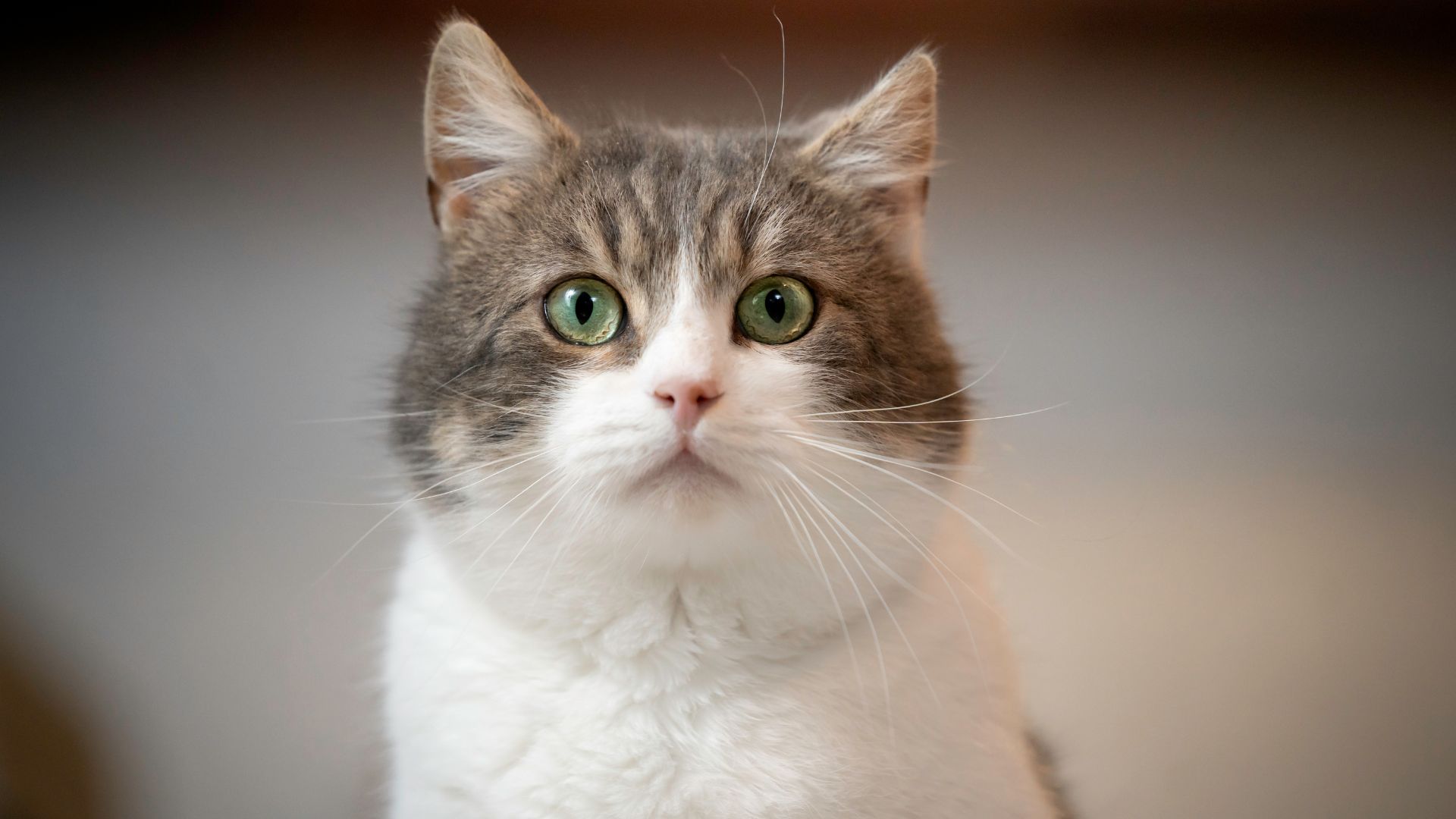
Generally speaking, cats tend to be less messy. For one, our feline friends have a natural instinct to groom themselves more often. Don’t believe us? Just watch your cat and see what it gets up to when it’s left to its own devices. And it’s because of this they have a reduced risk of picking up any fleas, parasites or ticks. Both of which means they can usually go a little bit longer without having a bath and they don’t tend to leave muddy paws around your home.
Cats can live for longer
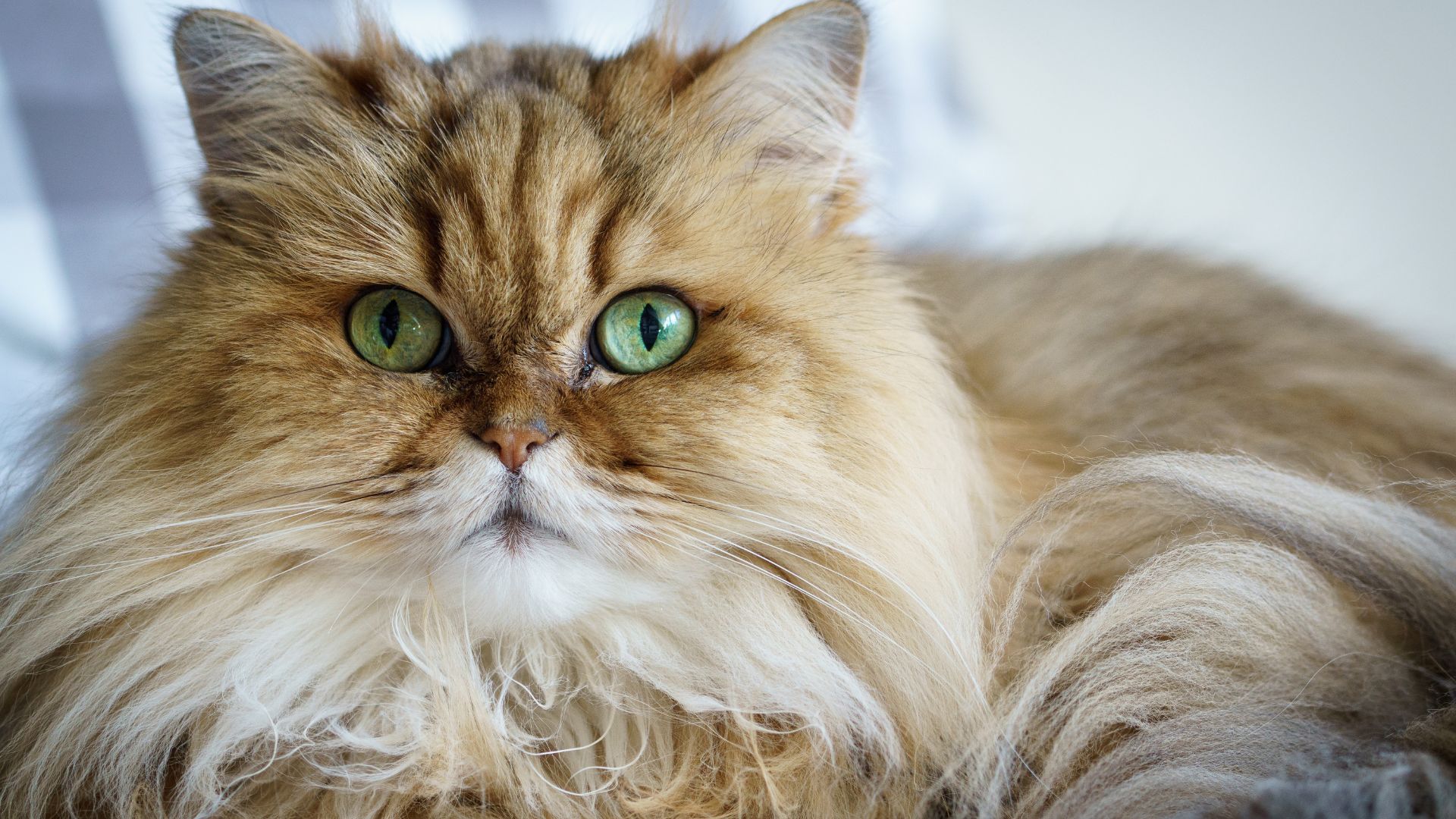
If well looked after, most domestic cats can live anywhere between 12-14 years. Although it has been reported that some may be with you for 20 years. While our other four-legged friends, tend to have a 10-13 year lifespan — although this will of course vary from one dog breed to another. This means a cat will tend to live longer than a dog. So you have time to make more happy memories with your feline friend and create a super strong bond that will last for years and years.
Cats sleep a lot
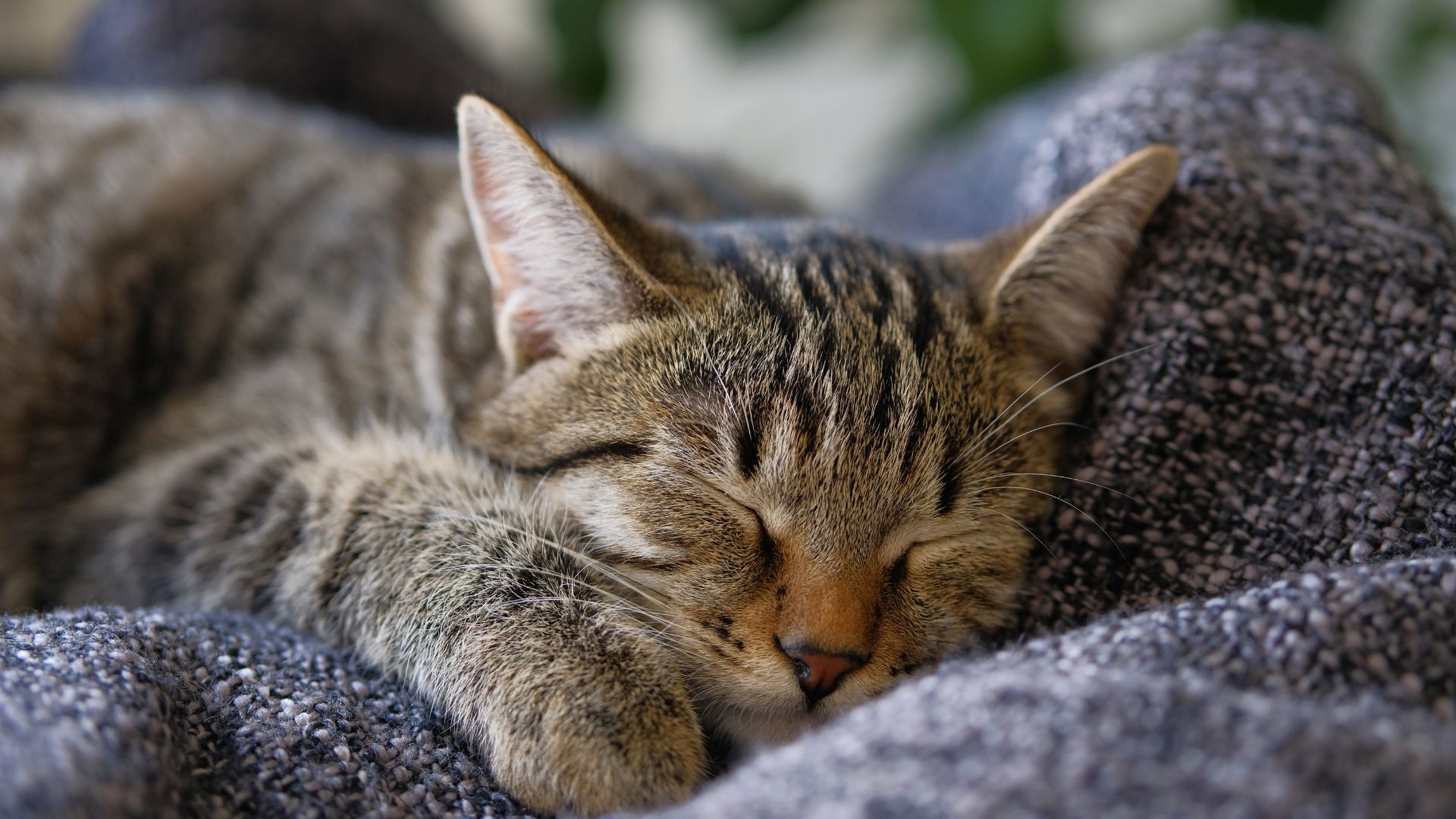
On average, a domestic cat will sleep anywhere between 13 and 16 hours during the day. Which, as you can see, is pretty much half, if not more, of a 24-hour day. So this means you can go about your business, knowing your cat will be happy in its own company in the Land of Nod. And when your kitty is ready to interact and play with you, they’ll let you know. This differs from dogs who only need 12-14 hours of kip a day to help them rest and recharge.
Cats are more hygienic
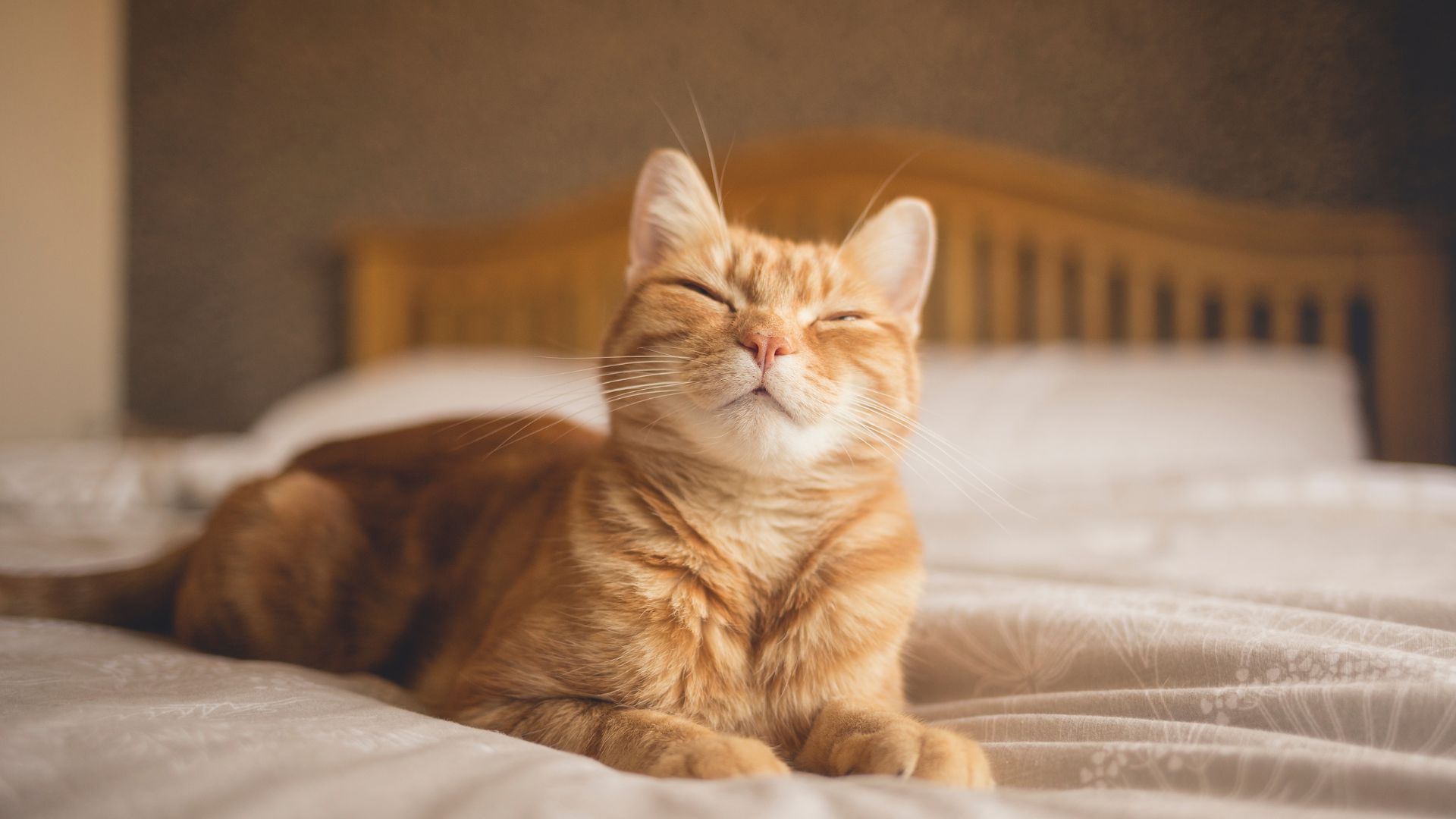
Did you know, cats have barbed tongues? This coarser tongue allows them to rid themselves of dirt, mess and any other debris that’s made their way into their coat. And it’s believed this is something they do for 30 to 50 per cent of their day. Of course, this is opposed to dogs who can drool, cover themselves in mud (and any other dirt) and although they do groom themselves every now and again, they only really intend to ‘clean’ themselves when they have an itch, a scratch or an allergic reaction.
Cats are better at finding their way home
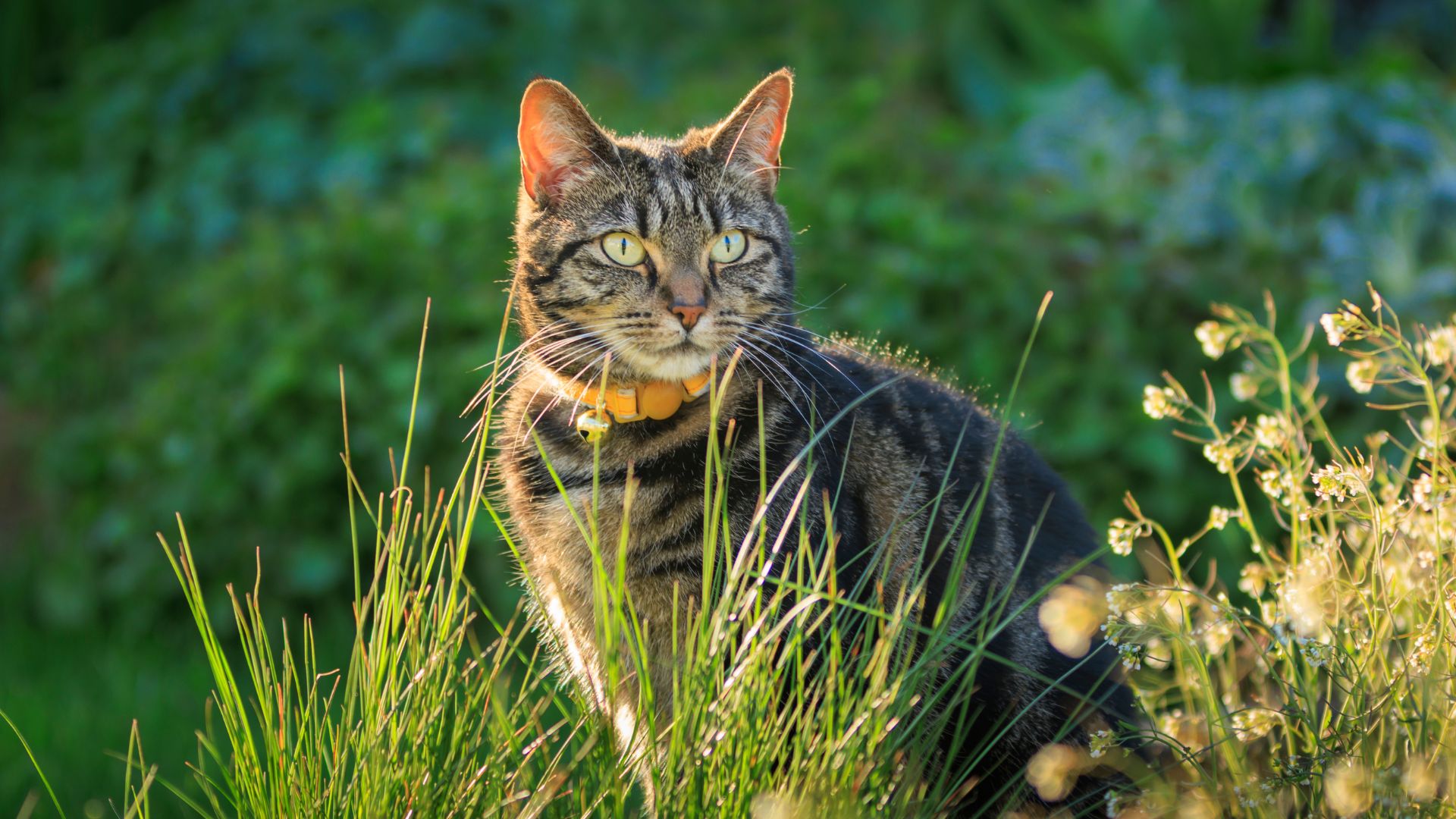
It’s true. Cats can work out their way home many minutes, hours, days and even years after they have made their way outside. And it’s all because of their incredible sense of smell. It’s thought cats leave ‘olfactory’ traces along the way, meaning they can follow the trail they have traveled and find their way back to their home. Along with having their nose to help them find the way, they have scent glands on their tail, forehead, cheeks, lips and paw pads. Which is pretty impressive, right?
Cats use their litter boxes
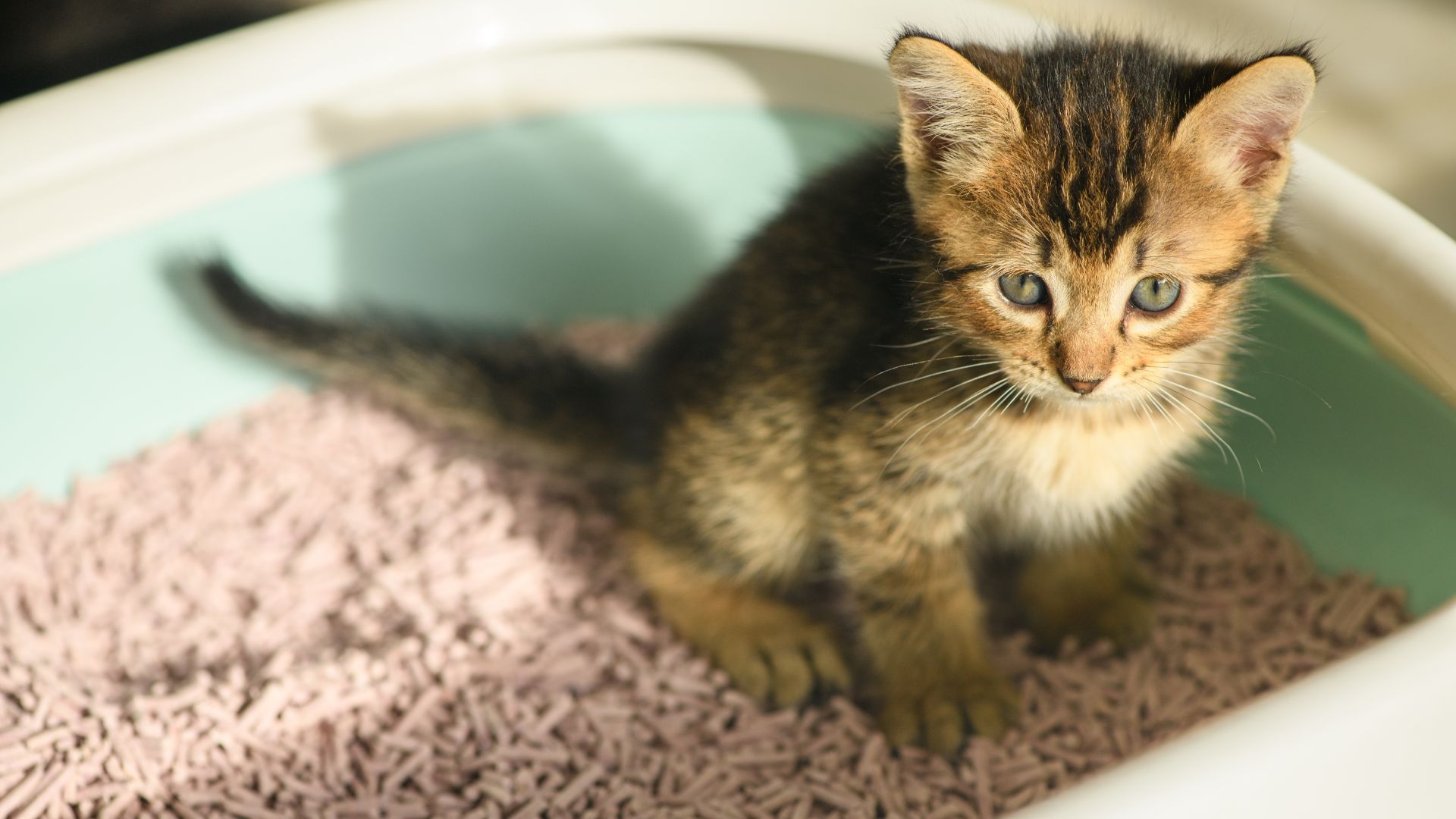
So, we know cats are hygienic creatures, spending up to half of their day grooming themselves. But did you know that many kittens and cats will use their litter box without really needing much outside help? Most times, you only need to show your kitten where their litter box is and teach them how they can access it and then they will take themselves to the toilet. That’s because they have a natural instinct to bury their waste so that they don’t alert predators to their whereabouts.
Cat poop is smaller
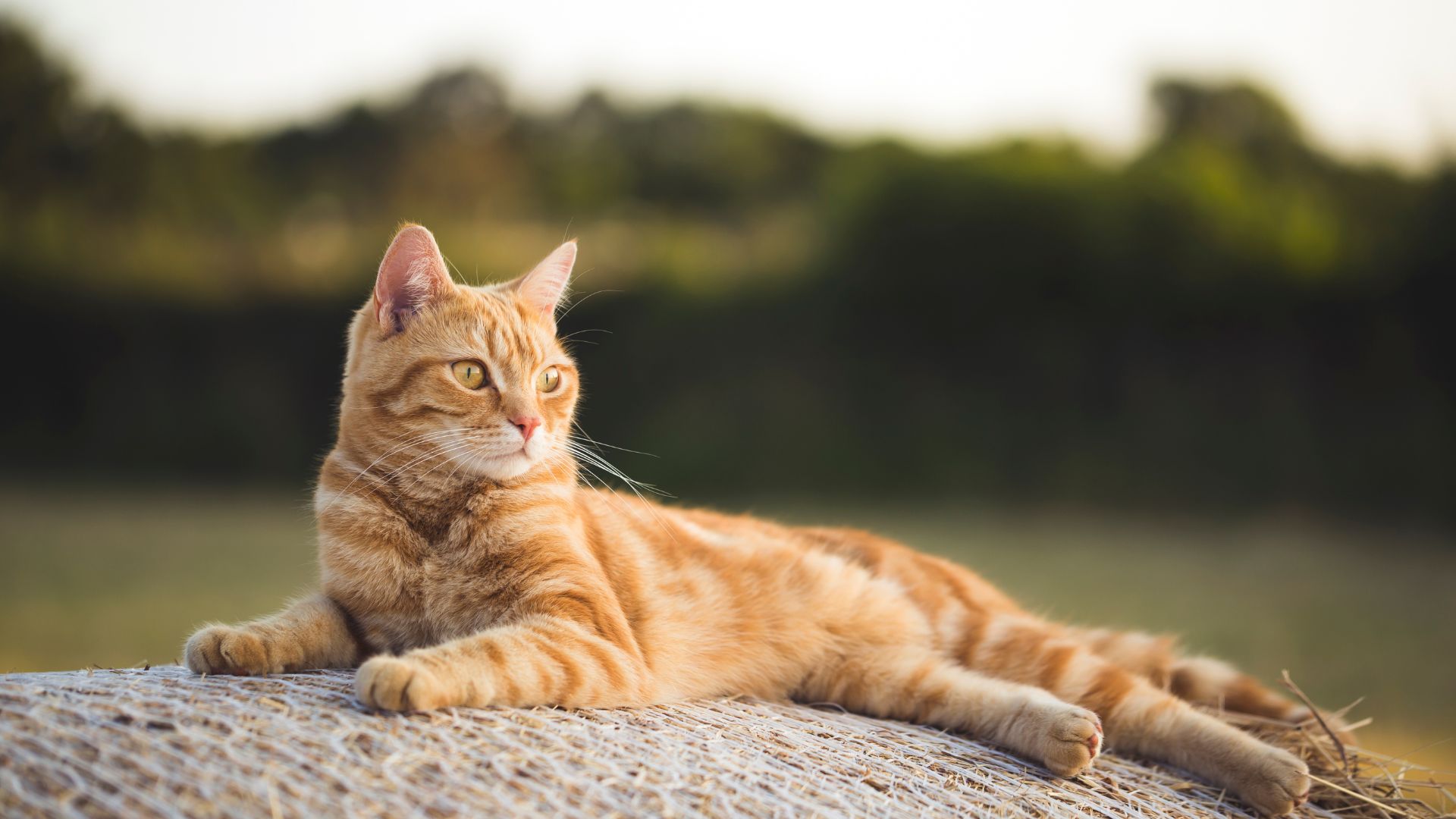
Measuring up to 10 inches in size — and no more — cat’s waste is a whole lot smaller than their other furry four-legged counterparts. And it makes sense. Most felines are much, much smaller than dogs, meaning their waste is too. Plus, with a cat, you won’t have to spend time picking up their waste as once taught. That's because once taught, most cats will use their litter tray and bury their excrement, which is a habit that tends to come naturally to them.
Cats are easier to potty train
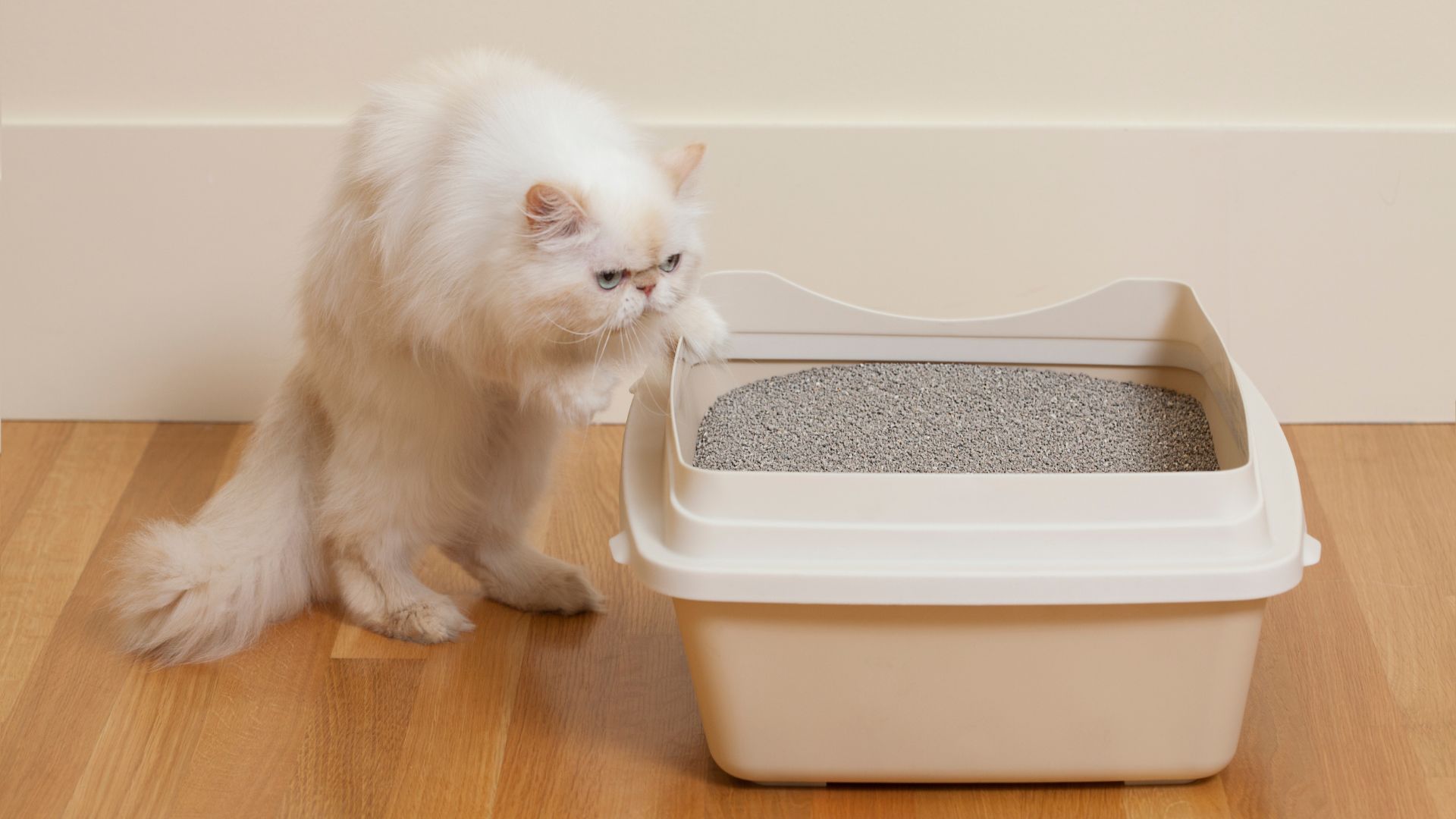
It’s a good idea to show your kitten or cat where their litter tray is as soon as you can. Along with helping them feel safe and comfortable in their home, this will help them keep their space clean (and therefore yours). Cats have a natural instinct to bury their waste in a bid to stop any potential predators from knowing they’re present. So once shown where their litter tray is, they’ll pretty much find it every time they need to go. Which will differ from potty training your pooch.
Cats require less training
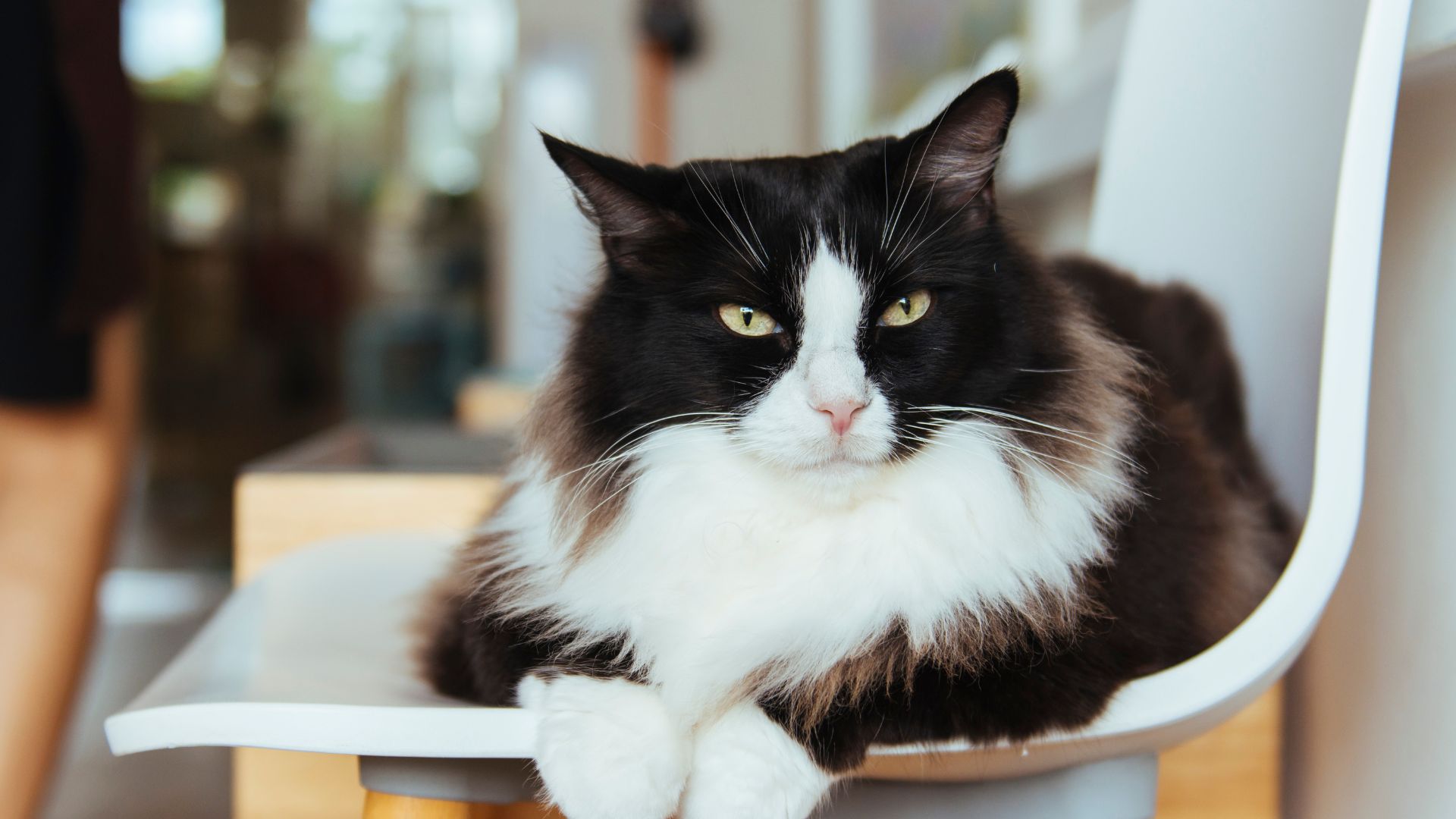
With a puppy, along with teaching them the basic obedience tricks just 8 weeks after they are born, such as the sit, stand, stay and come commands — you will also need to house train them and potty train them. This is something you will need to do for 5-10 minutes every day until they have grasped the basics. Then comes the tricks, such as handing you their paw or rolling over. Whereas cats will need sporadic training sessions. And most cats don’t tend to spend their day learning new tricks. They’ve got grooming, sleeping and perching to do!
Cats don’t bark
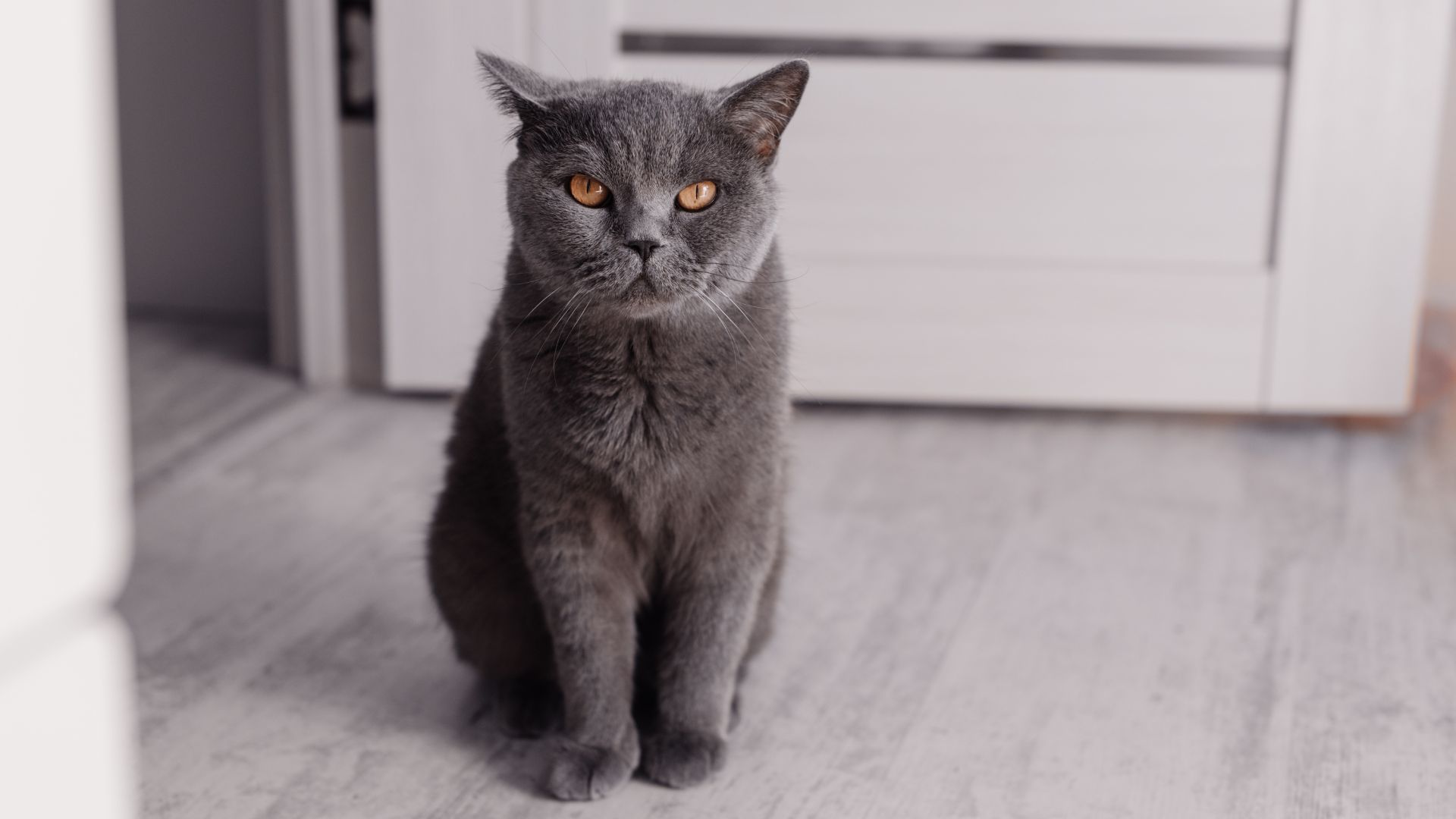
Generally speaking, dogs bark to express how they are feeling. This can be the case when they are bored, scared, excited or frustrated. Or they could bark to tell you they are feeling threatened or that they just love their new toy. However this isn’t the case for cats. Of course most cats purr, it’s nowhere near as loud as a dog’s bark can be. So if you value your quiet time, be sure to do your research about which cats are more vocal than others.
Cat’s are independent
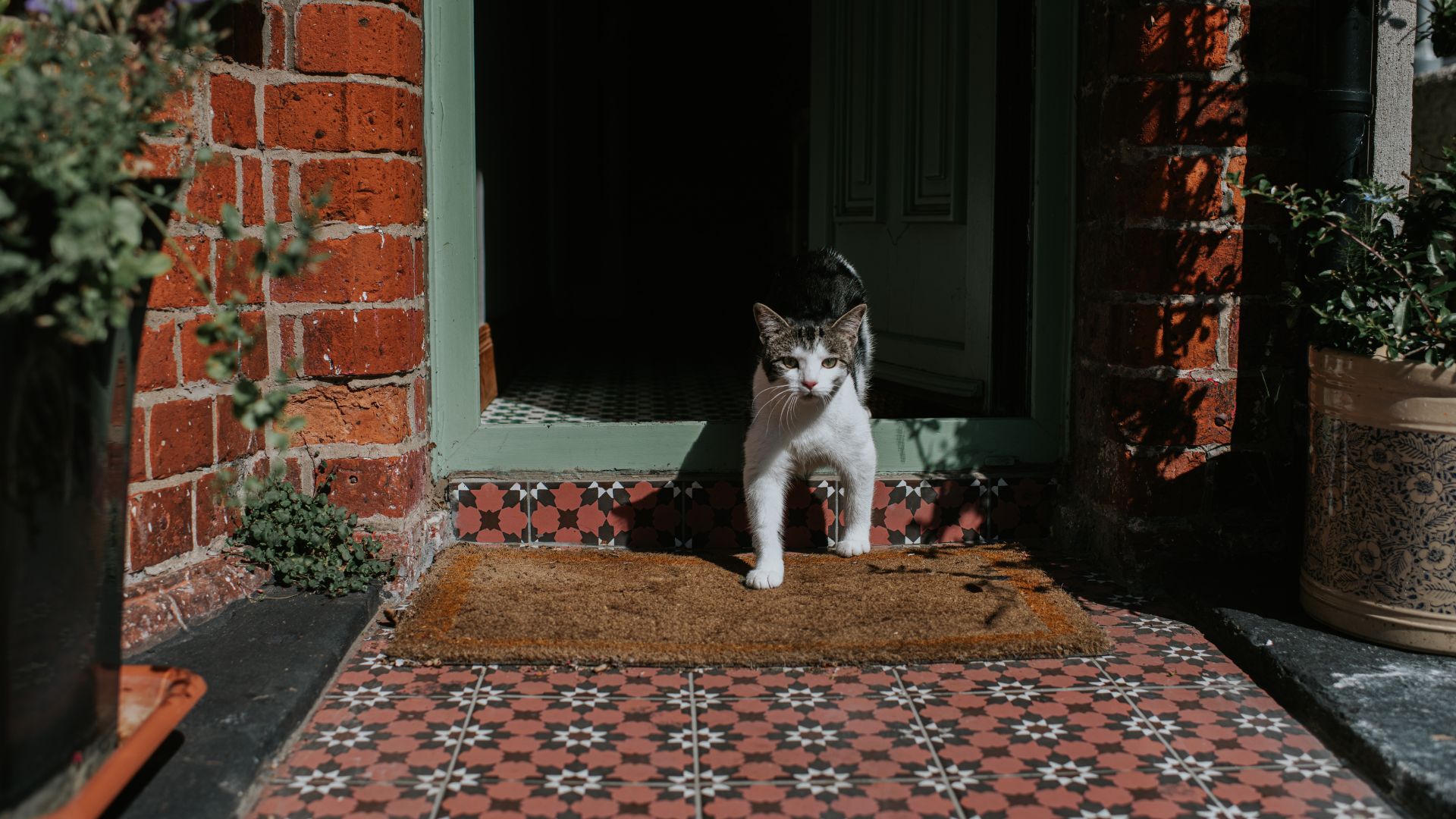
It’s a well-known fact that cats are independent creatures. Of course, they value spending quality time with their human pack. But from the moment they are born, they only ever need to feel comfortable in their environment, know where their food is, be taught where their litter tray is and show lots of love, of course. But apart from that, a cat is pretty happy to go about their day on their own, exploring the big wide world from up high or playing with their scratching posts. Which is great if you’re time-poor or not in the house 24/7.
They don’t need walking daily
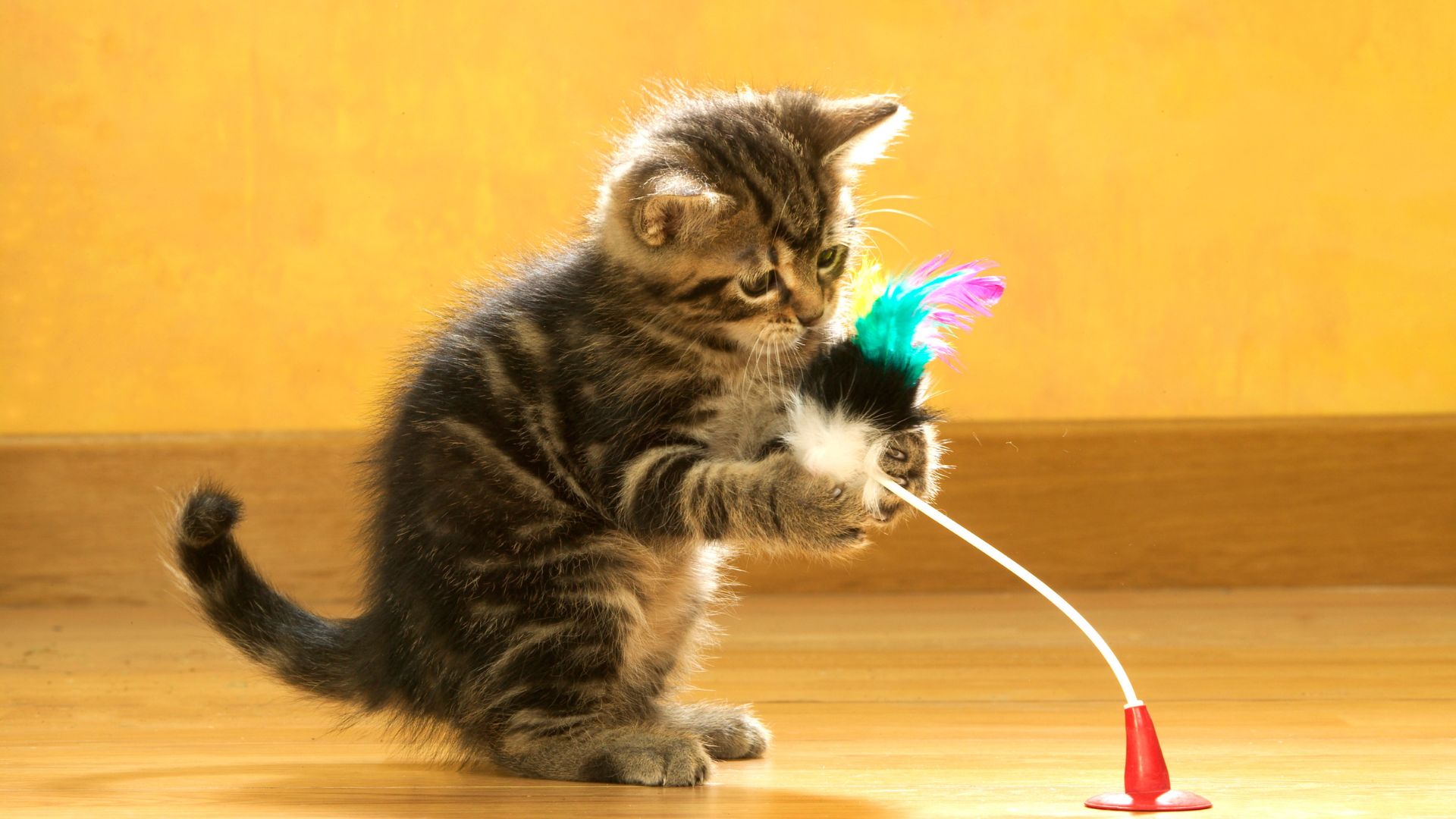
No matter the time, day or weather forecast, most dogs love nothing more than hearing that four letter word, alerting them that it’s time to head out into the great outdoors and go for a walk. This is highly important to a dog's health. Not only does this help them stimulate their mind and body, it allows them the opportunity to sniff, run around and bond with you. Whereas cats tend to walk by themselves. Whether this is through playing with their favorite cat toys or discovering new perches way up high.
Cat’s don’t take up much space
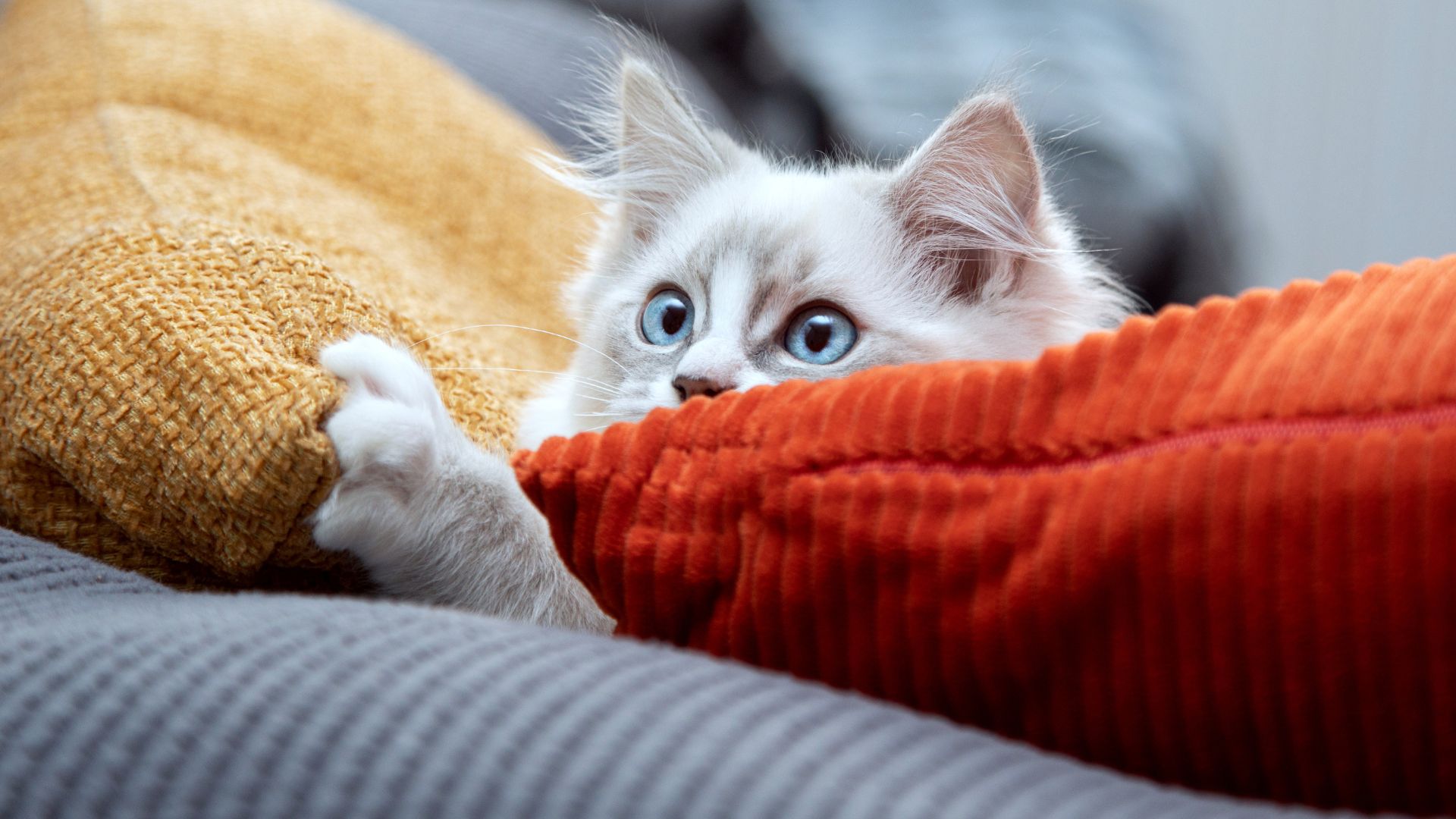
It’s thought that a medium-sized dog weighs around 50 lbs, which is the equivalent of a five-year-old child. Whereas cats measure in at around 10 lbs which is very minuscule in comparison. Cats tend to spend their days finding new nooks and crannies, under furniture or in high-up places. Meaning they won’t take up much space in your home. In fact, you might not notice their presence at all on some days. So if you’ve got a small home or large family, a moggie could be the perfect match.
Owning a cat is more affordable
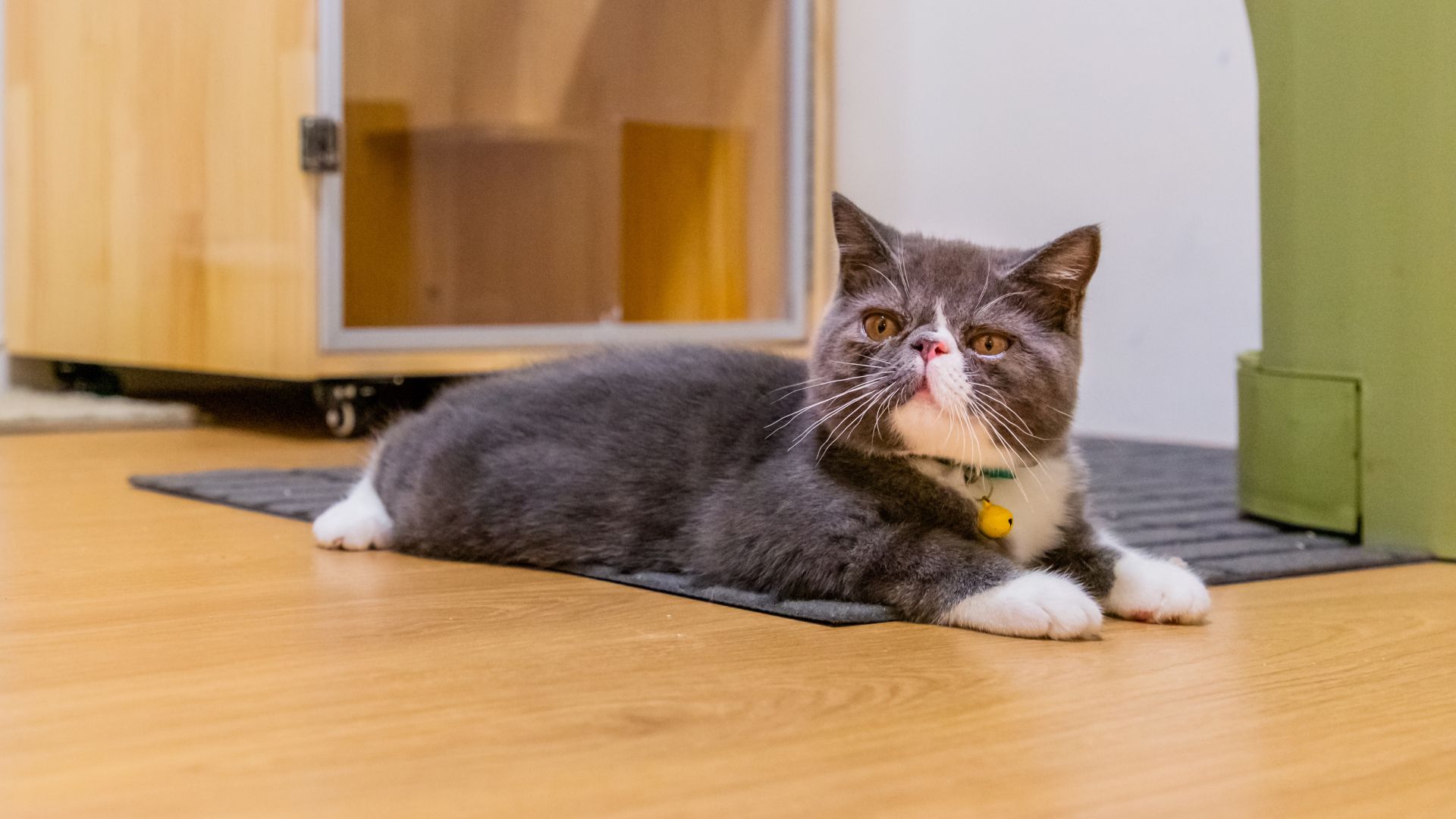
It’s believed owning a cat is a lot more affordable in comparison to a dog. One report found that the upfront costs of welcoming a cat into your home was between $700 to $3,000, in comparison to dogs who could set you back anywhere between $1000 and $5000 (if not more depending on what breed you choose). Of course both cats and dogs will need their vaccinations, but you’ll also need to keep a grooming pot ready for your dog too to help keep them feeling, looking (and smelling) their best.
Cats understand the concept of personal space
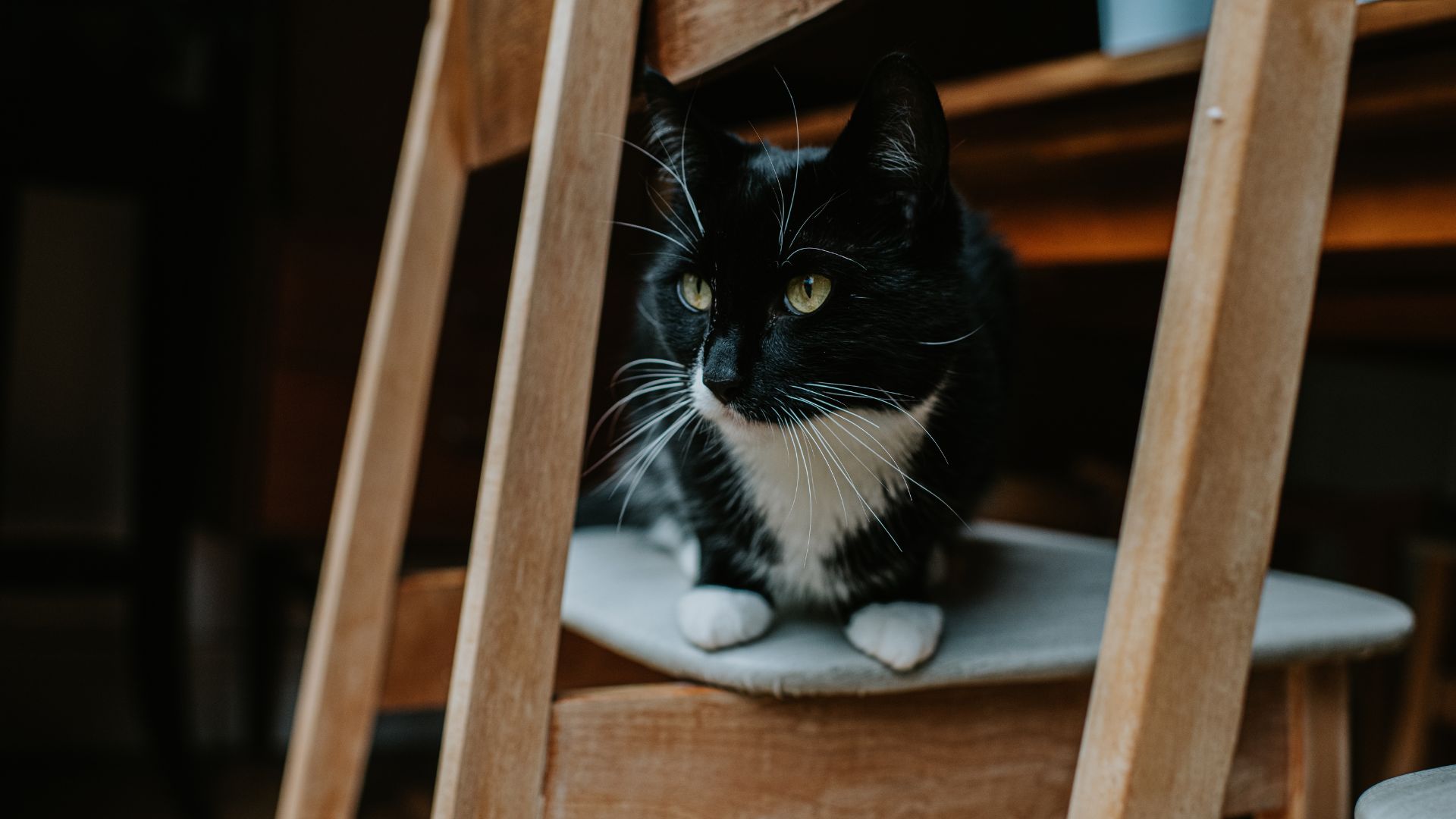
If you’ve ever been in the presence of a dog, you’ll know how heartwarming it is when your four-legged friend wants to be close to you all the time. Sitting on the couch? Your dog will be right by your side. Want to go to the toilet? You’ll find your cute companion waiting outside for you. And while this is all well and good, it can be overwhelming when you have a pooch trailing behind you or sitting on your feet at any chance it gets. Whereas cats differ. Of course many kitties will happily curl up on your lap, but they won’t want to do it 24/7. Cats understand the need for personal space.
Owning a cat might mean you're more intelligent
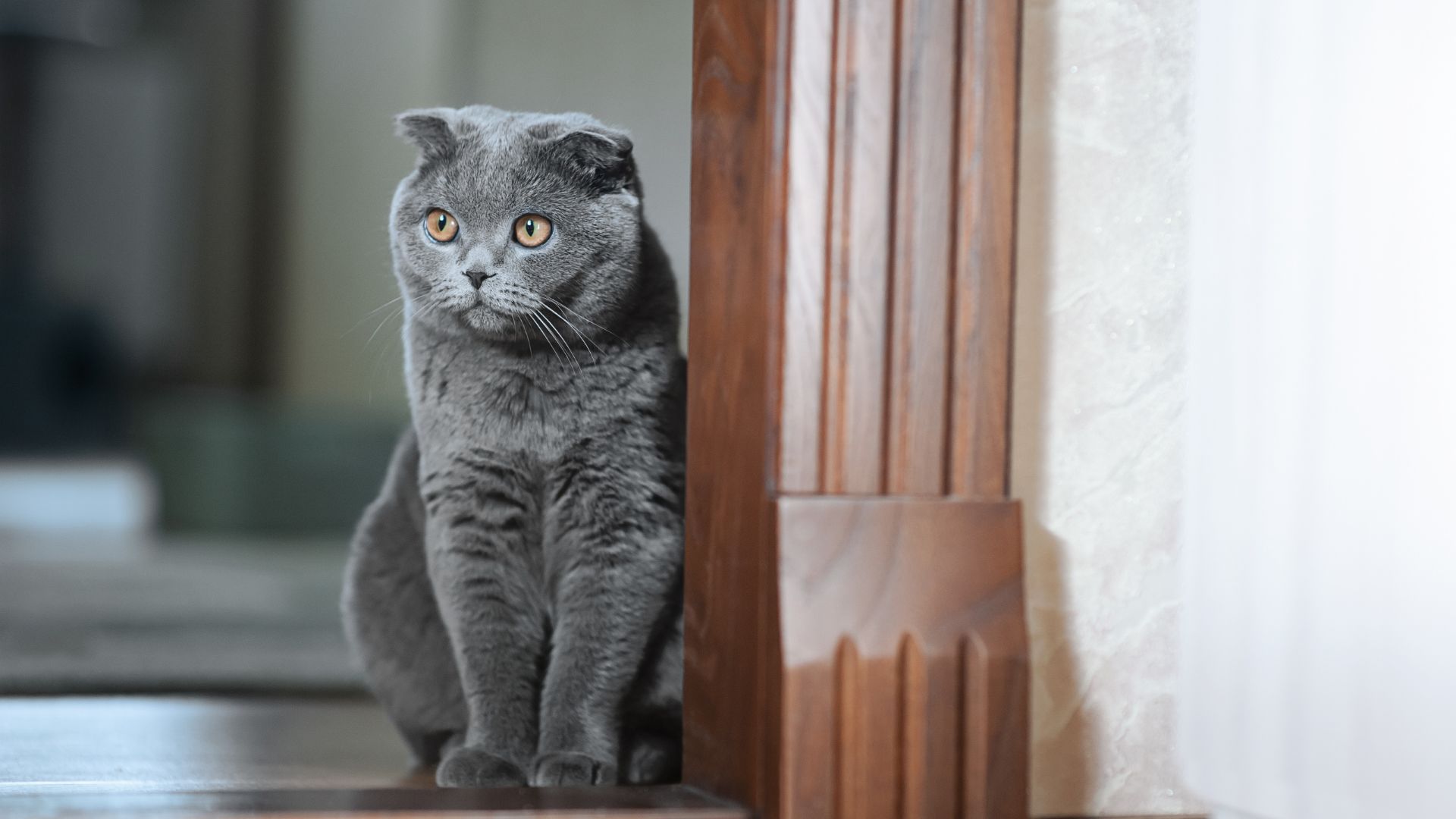
Have you ever wondered if cat owners are more intelligent or whether those who own dogs scoop the top spot? Well, according to a study published in the Association for Psychological Science which looked for personality traits that coincided with choices in pet ownership, there was one clear winner. Overall, researchers came to the conclusion that cat lovers scored much higher on intelligence than those who preferred dogs. We don’t make the rules!
A cat is less smelly than a dog
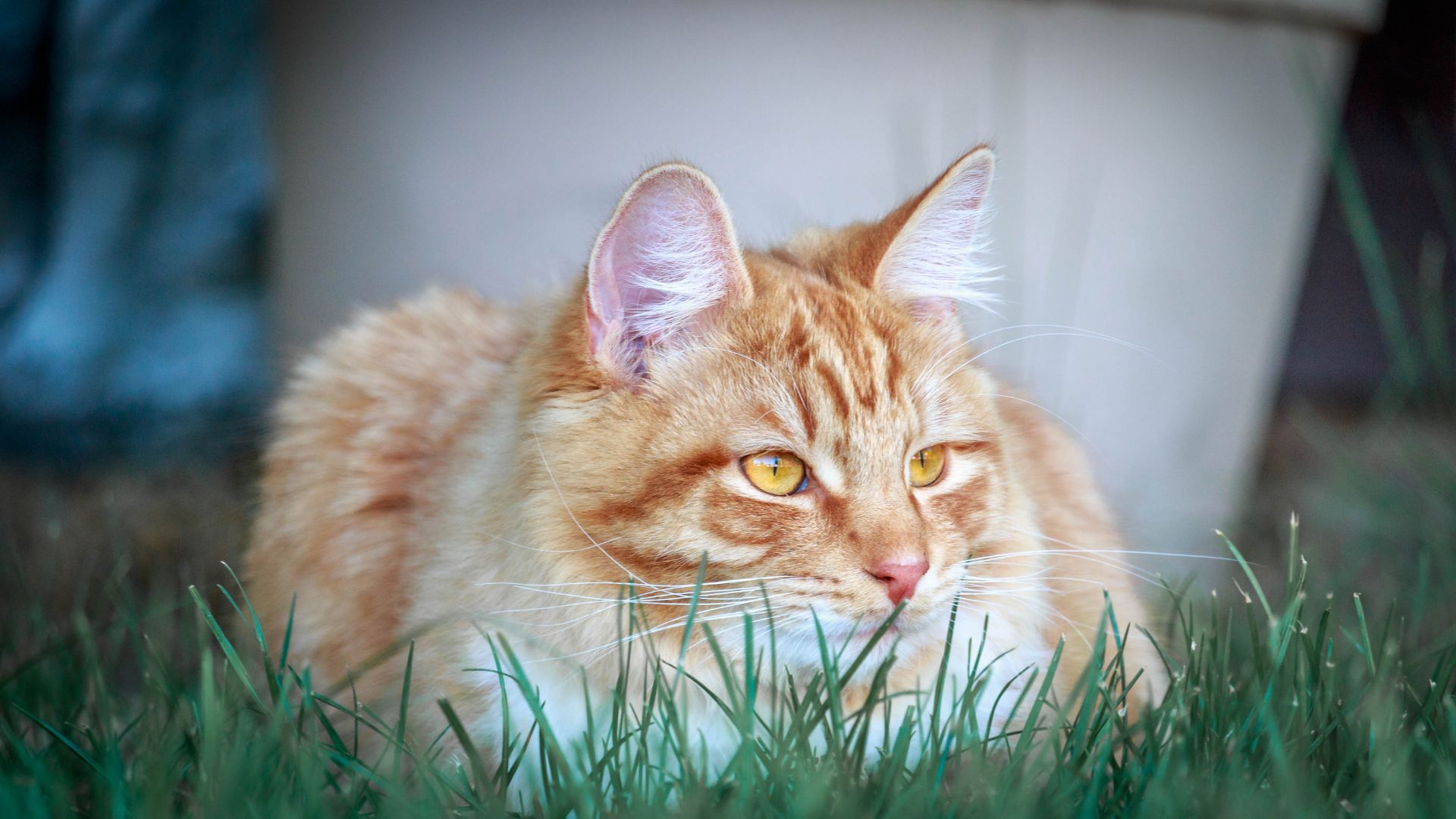
Cats spend 30 to 50 percent of their time grooming themselves, meaning two things: there is less time to spend getting dirty and if they do pick up some debris in their coat, they'll spend the next half of their day trying to get rid of it from their coats. This makes cats cleaner than dogs and therefore not as smelly as their four-legged friends. While most dogs tend to spend their day rolling around in the outside world, sleeping and playing. Dogs are known for having an aroma, while cats tend to have a distinct lack of body aroma.
Cats require less toys
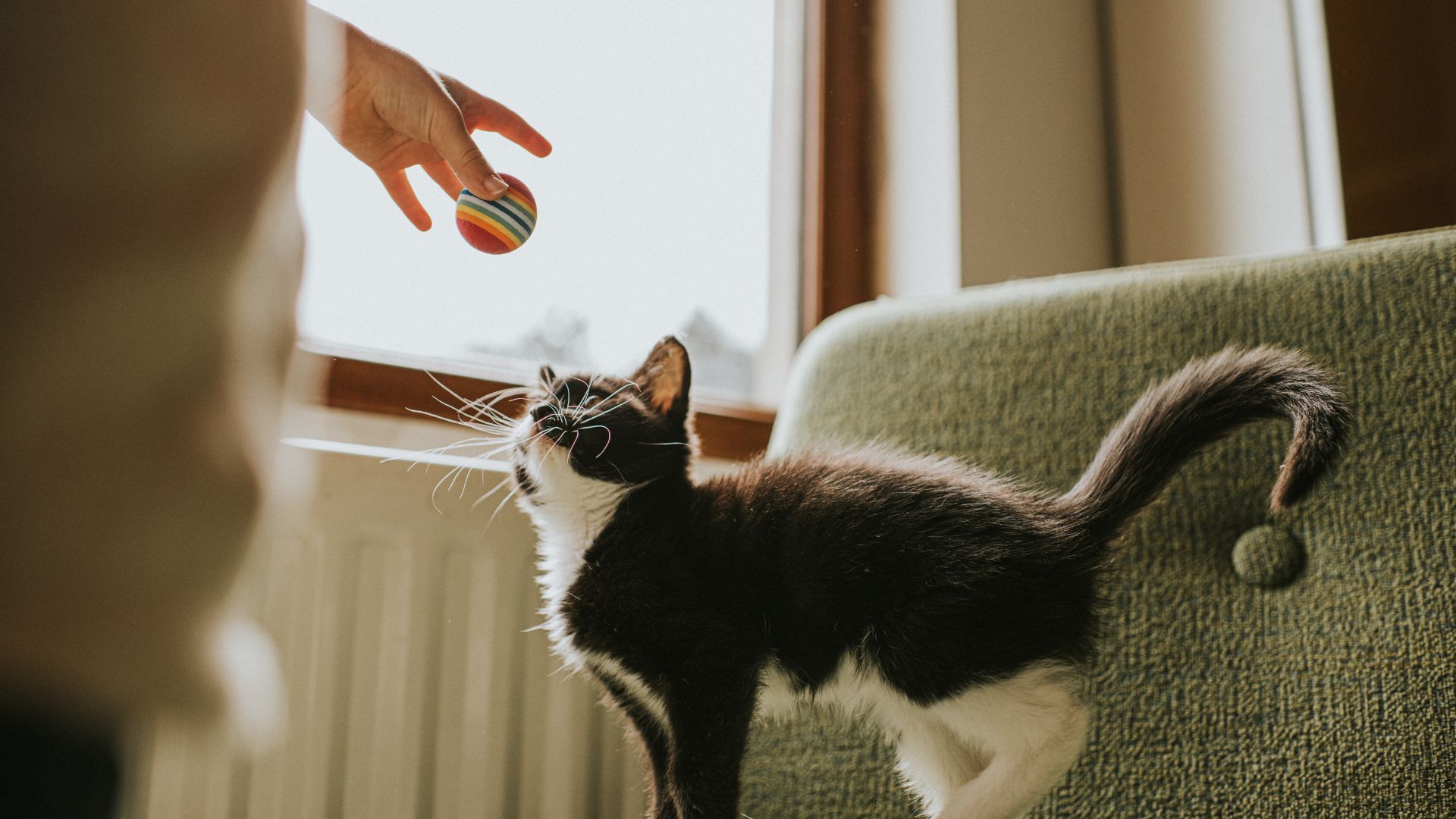
Cats don’t need a lot of toys to keep them amused so this means you won’t have to fork out a small fortune to keep your feline mentally and physically stimulated. It’s believed around 4 to 5 options should keep them amused throughout the week. Then, if possible, rotate these toys with 4 of 5 more toys the following week. You can repeat this process with the previous week’s toys to keep things interesting. Variety is the spice of life, after all.
Cats can be left alone
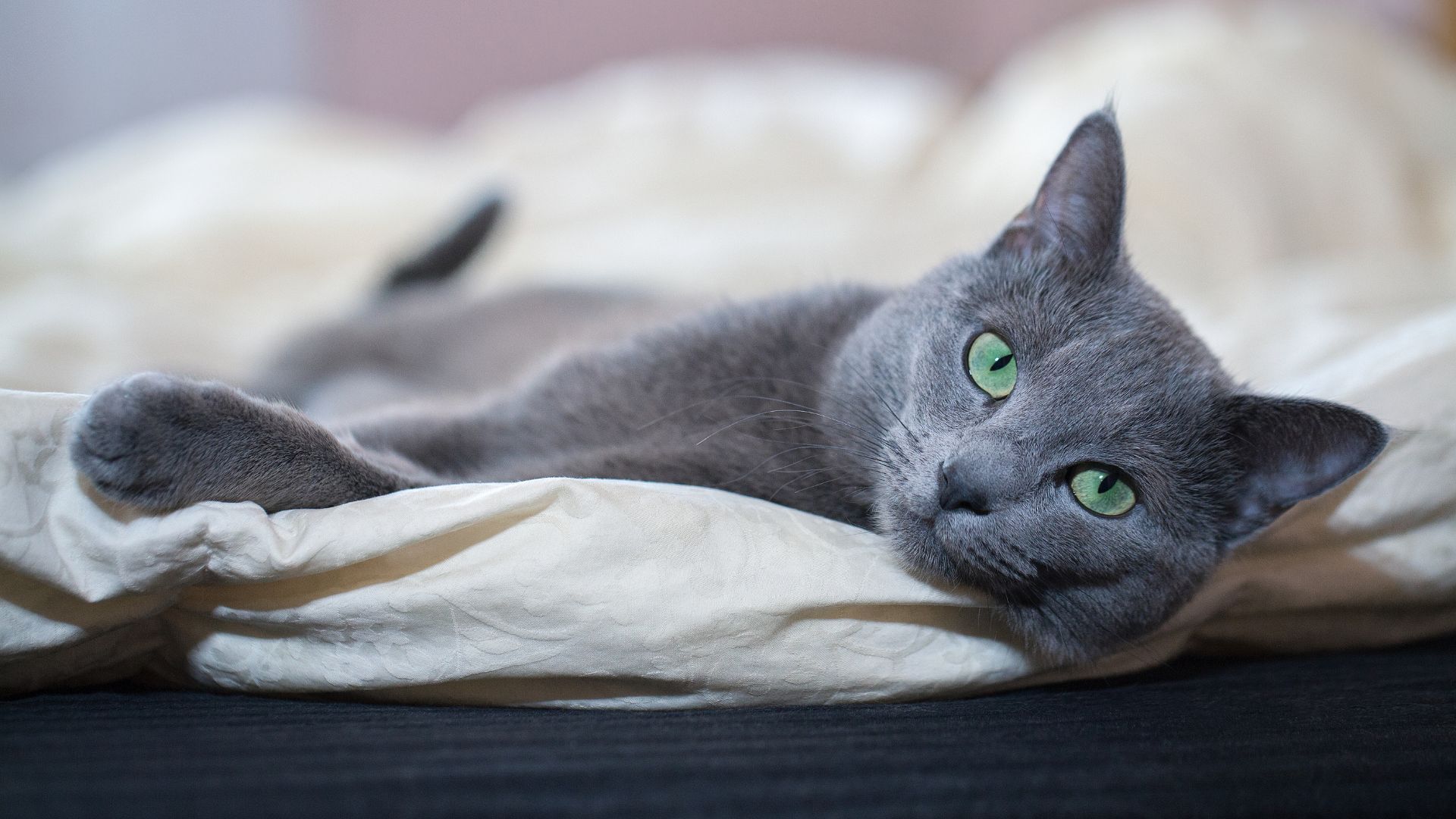
Cats are independent souls who value their quiet time as much as you value yours. Need to work from the office? No bother. Intend to pop out for a few hours? Your cat won’t mind. As long as your kitty has everything they need to live a full and fruitful life — from their food, water and enough mental and physical stimulation — they can go about their day just fine. Generally speaking some cats can be left overnight, but most experts would advise that this shouldn’t be longer than 8-12 hours. If you’re unsure on how long you should leave your cat by itself, consult with your veterinarian.
Cats are great for apartment dwellers
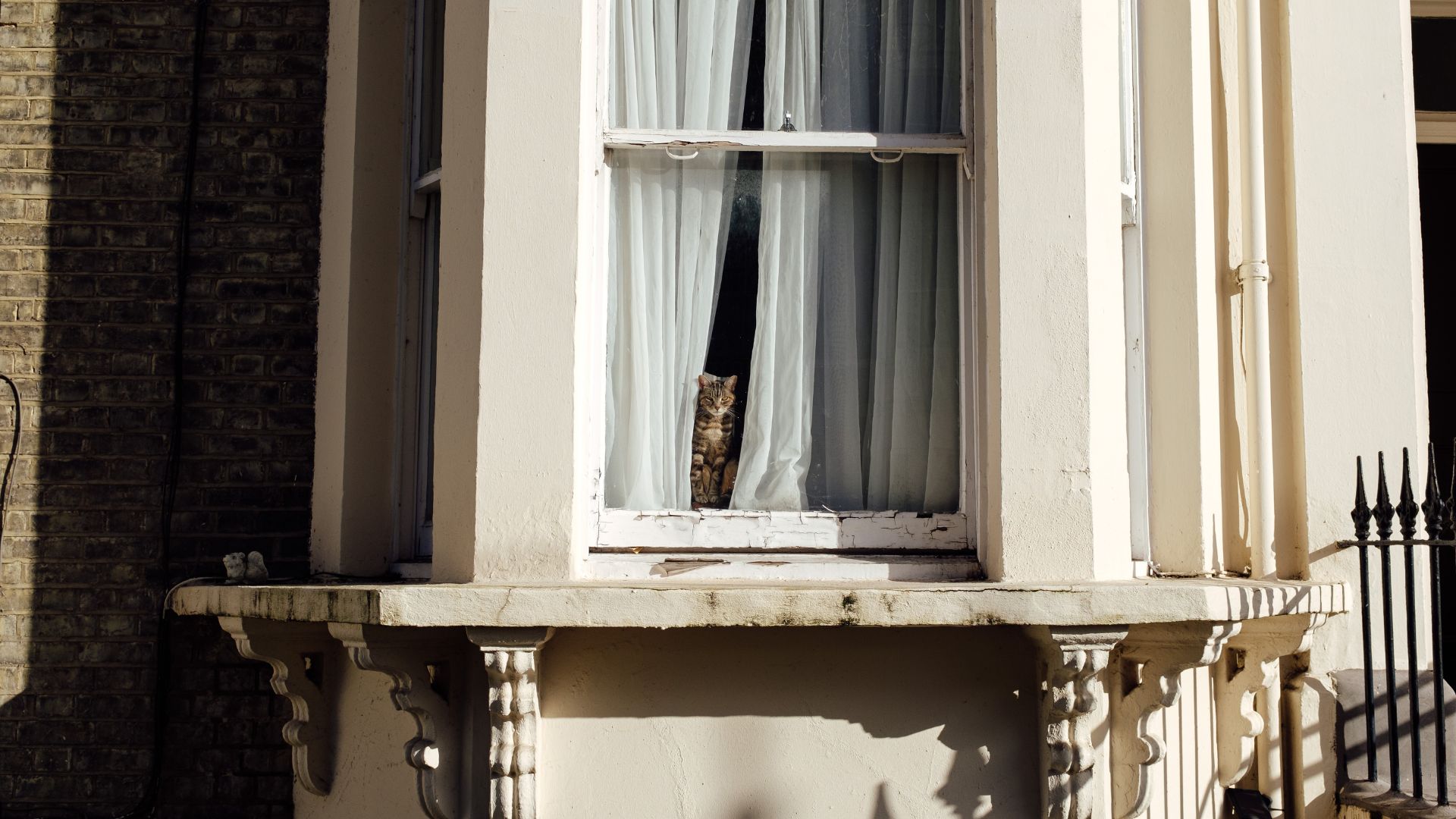
No outside space? No problem. Most cats don’t tend to need to go outdoors to live a happy life. In fact, it’s something some experts encourage as it’s much safer for cats indoors rather than outside in the big wide world. If you do intend to keep your cat indoors, it is however important to make their indoor environment a stimulating one, with everything they need to tick off their mental and physical needs and enough stimulation to keep them healthy and happy.
Cats are quiet
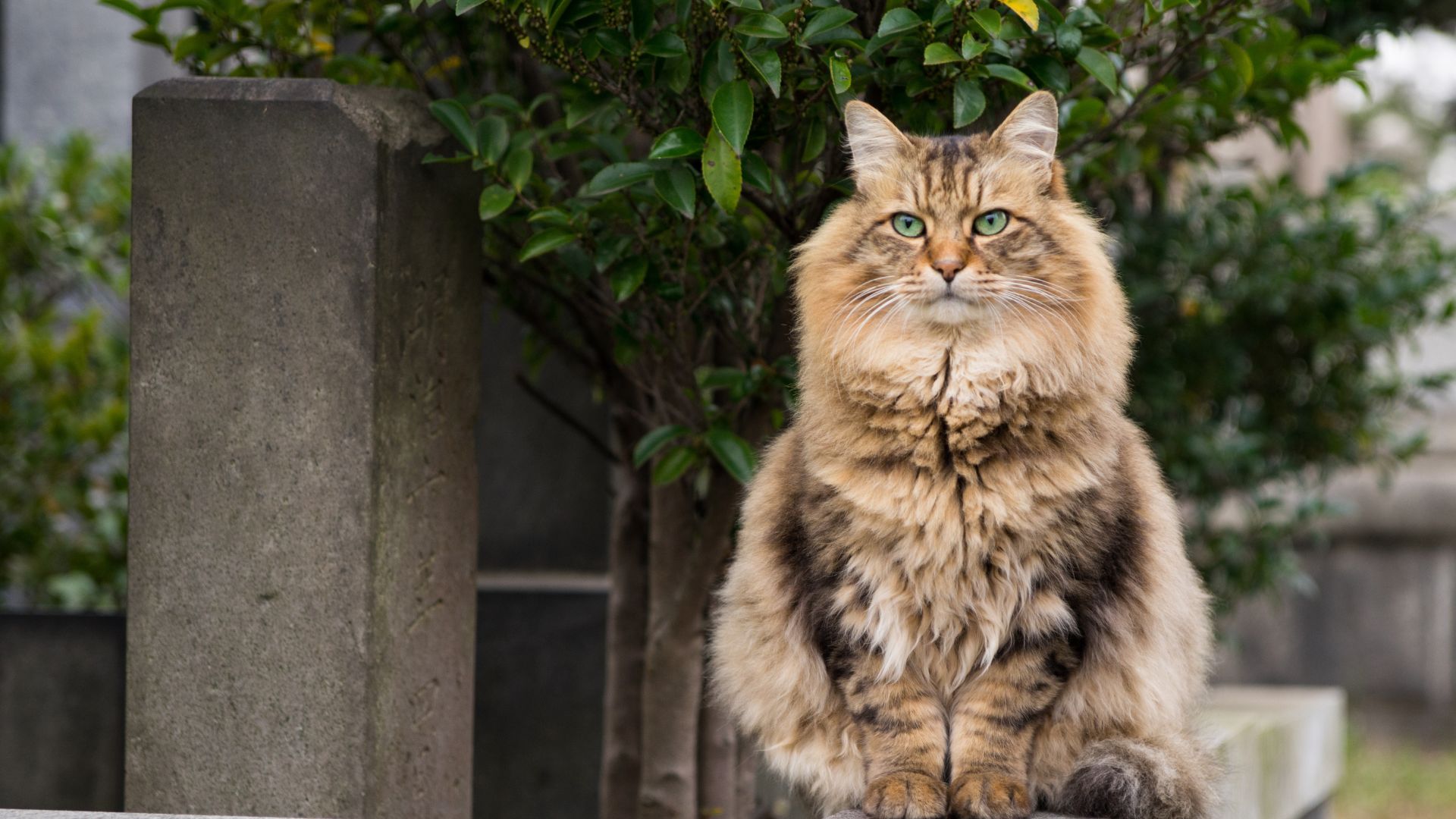
While walking around the house, you might barely notice they are there. As opposed to a dog who will run, pound and march their way over to you or anywhere. Cats will of course purr and meow, but this won’t interrupt your quiet time too much. In fact there are some feline breeds, such as the Ragdoll, Persian and Scottish Fold who are known for their quiet and softly-spoken features. So if you are looking for a quiet cat to fit in perfectly with your serene space,, be sure to do your research.
You won’t get any noise complaints
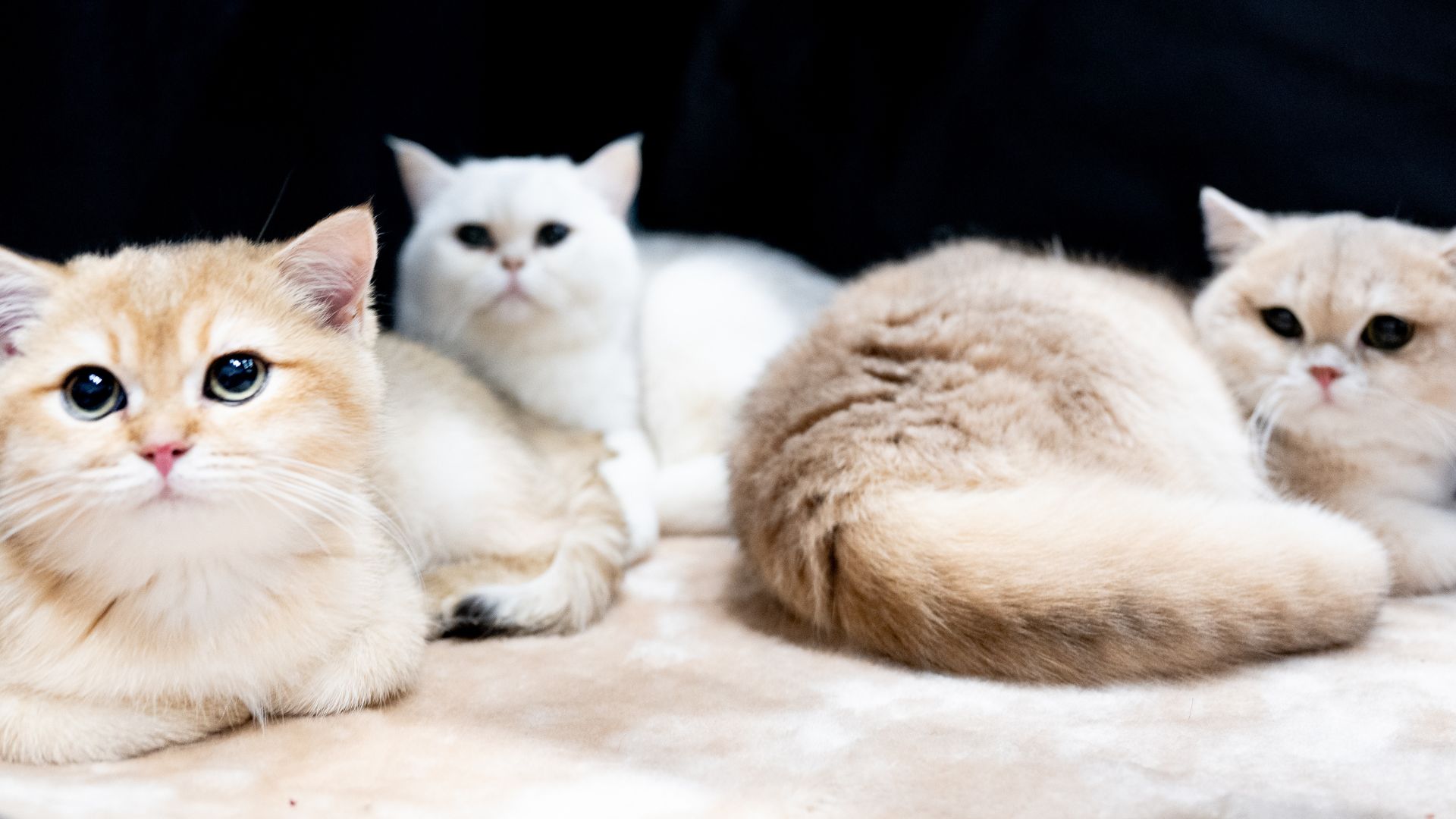
If you’re in a quiet residential area or living in an apartment, you won’t need to worry about upsetting your neighbors. Most cats are quiet creatures who spend their day watching the world go by, curling up in your lap or playing with their toys. Being small in stature and having a natural instinct to hunt, they are careful not to make much noise no matter if they’re running from one room to the other or pouncing on furniture. Whereas dogs will make their presence known both with their barks and their movement.
Cats are less destructive
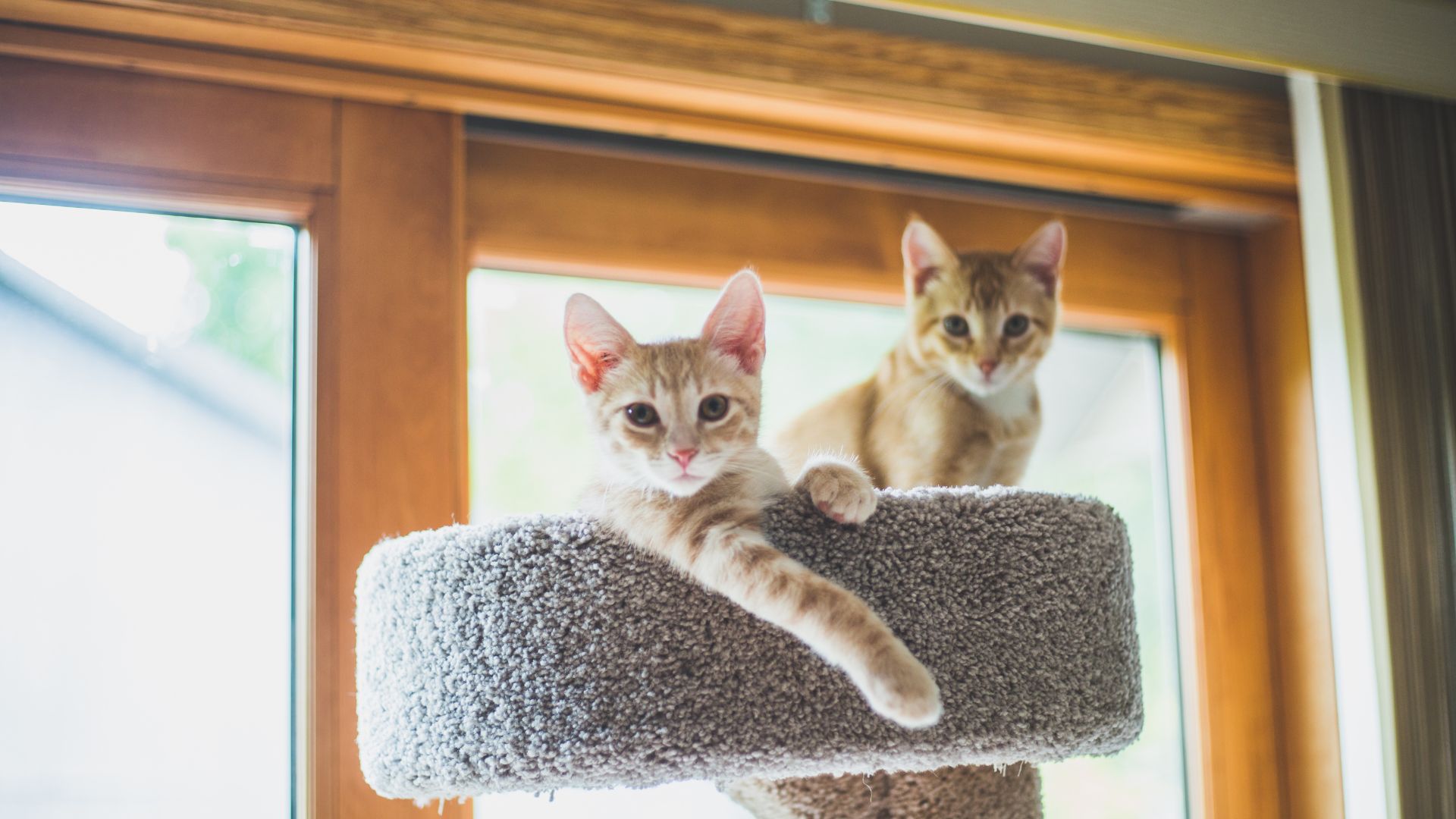
If you have ever owned a pooch, watched a film where there’s a four-legged friend in it, or know a friend or family who has a dog, you’ll know how destructive they can be if left to their own devices for too long. The same can be said if said dog is poorly house trained or if they are bored. Whether it’s slippers, furniture or food, if given the chance some dogs won’t leave a stone unturned. Whereas cats can be destructive and can do damage to furniture and other household objects, but being usually smaller in size, the damage is far lesser.
Cats are really good mothers
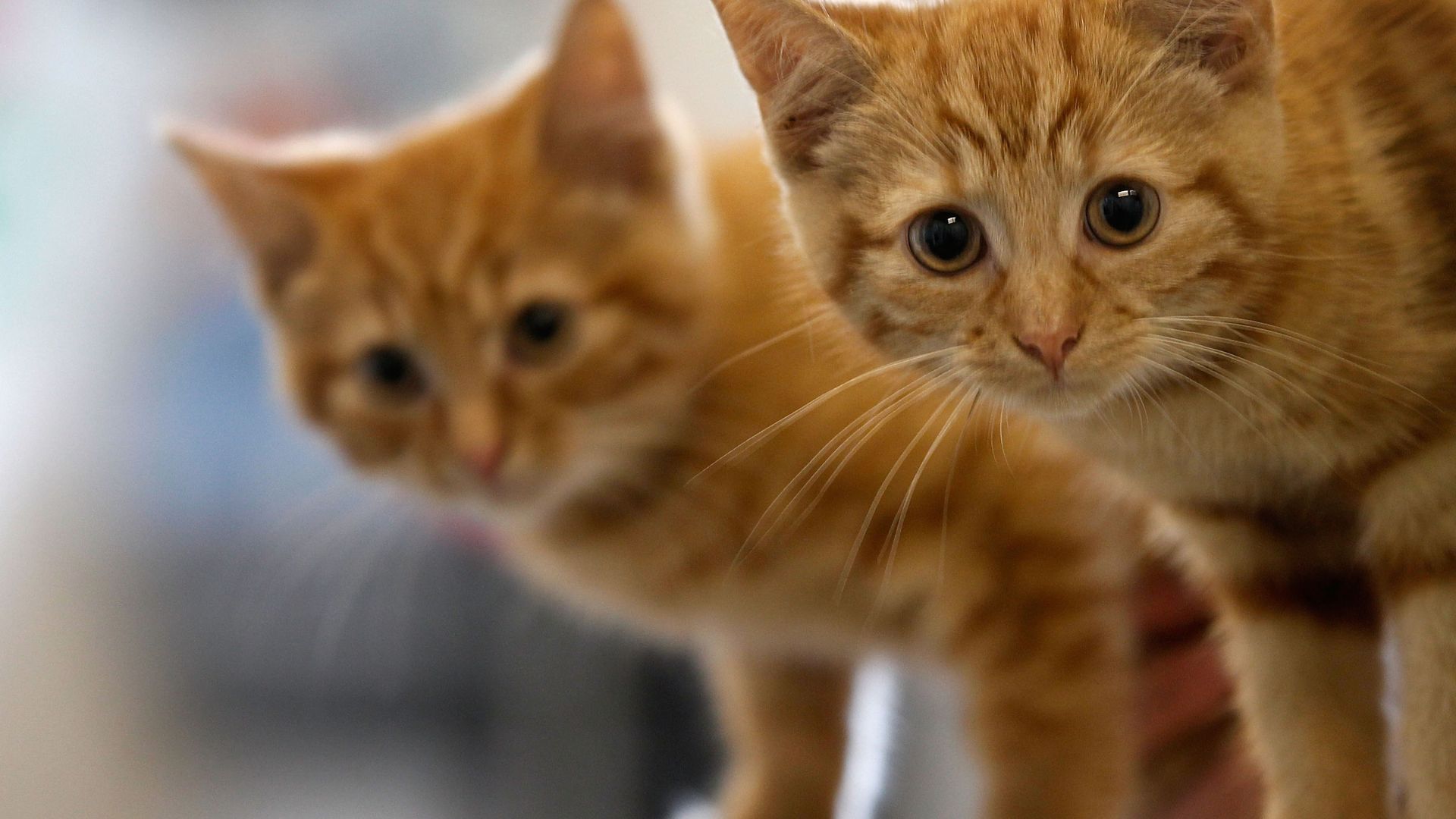
We can’t speak for all cats and the various cat breeds, but generally speaking, cats take very good care of their offspring. So if your cat is pregnant with kittens, you can rest assured you won’t have to take on too much more responsibility around your home. Though parenting styles will differ, mother cats will fight to protect their young. Even after spaying, a mother cat’s maternal instinct is strong no matter whether it’s over their own or others.
Cat’s don’t tend to bite
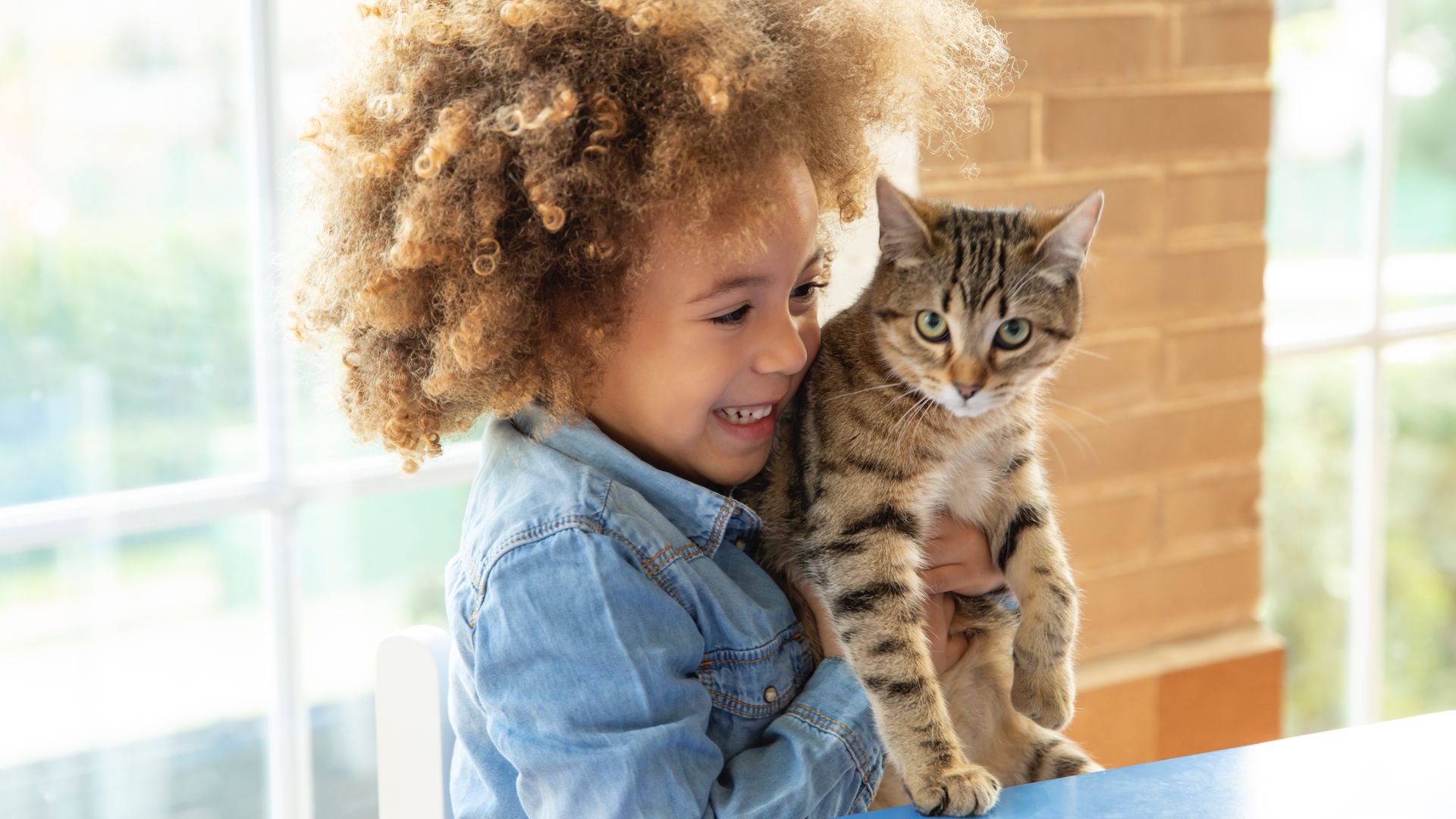
It’s important to flag that not every dog or breed of dog bites. But in the cat world, our feline friends just tend to nip as a last resort. This might be the case if they are feeling overstimulated and can happen if we have missed any other vital forms of cat communication (like purring, licking, meow-ing or scratching) that our four-legged furry friends have tried to get across to us. Either way, when a cat nips it’s rarely done out of aggression.
Cats are cute
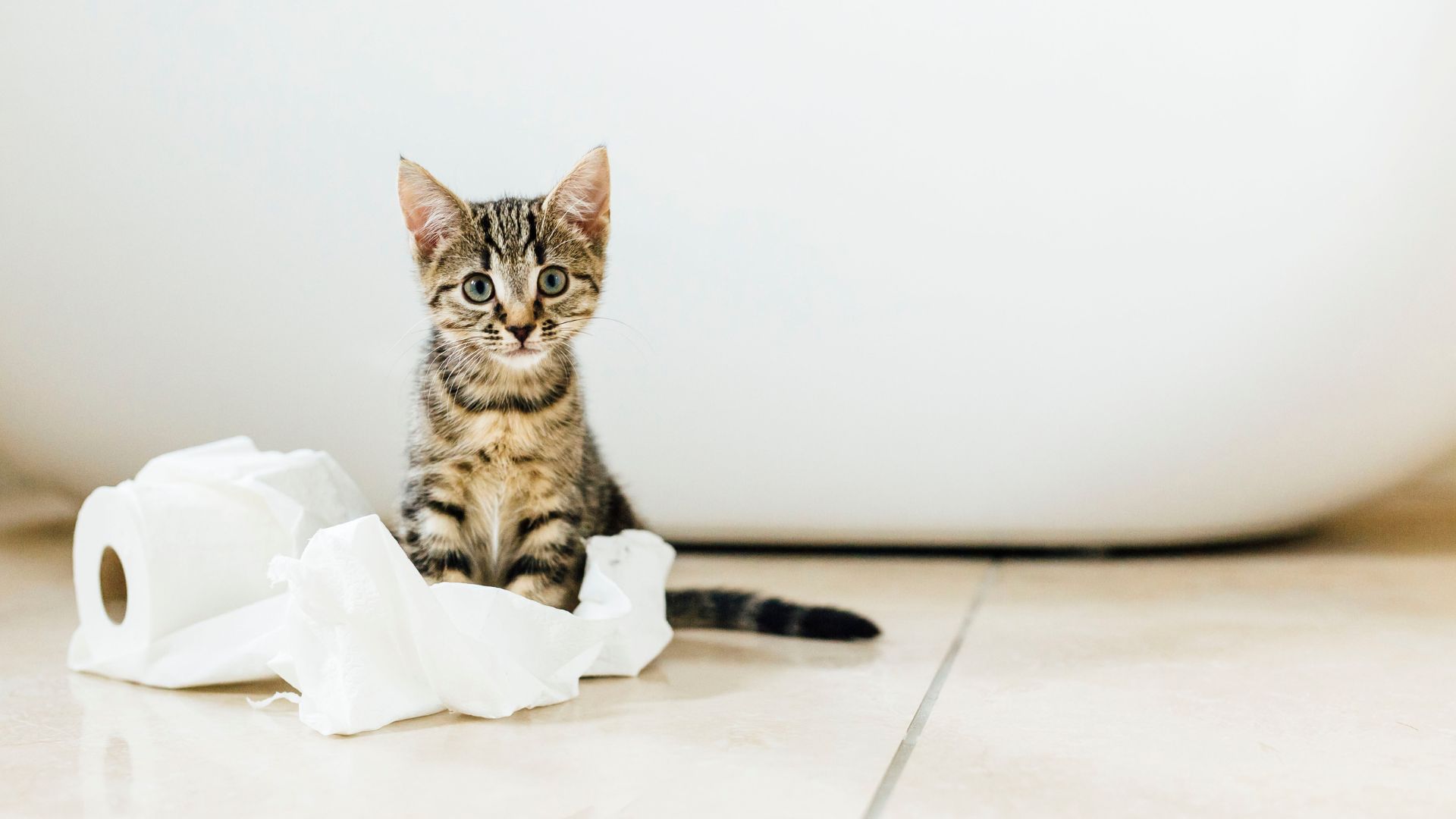
You only have to look at a picture of a cat to see how cute, cuddly and endearing these furry creatures can be with their big eyes, soft coat and kind nature — and there are studies to back this up. No matter what breed you pick, whether it’s a Scottish Fold, Birman, Maine Coon, a Munchkin cat that’s characterized by its short legs or any other four-legged friend, you’re bound to be bowled over by their cuteness from the moment you set eyes on them.
Cats love life in the laid-back lane
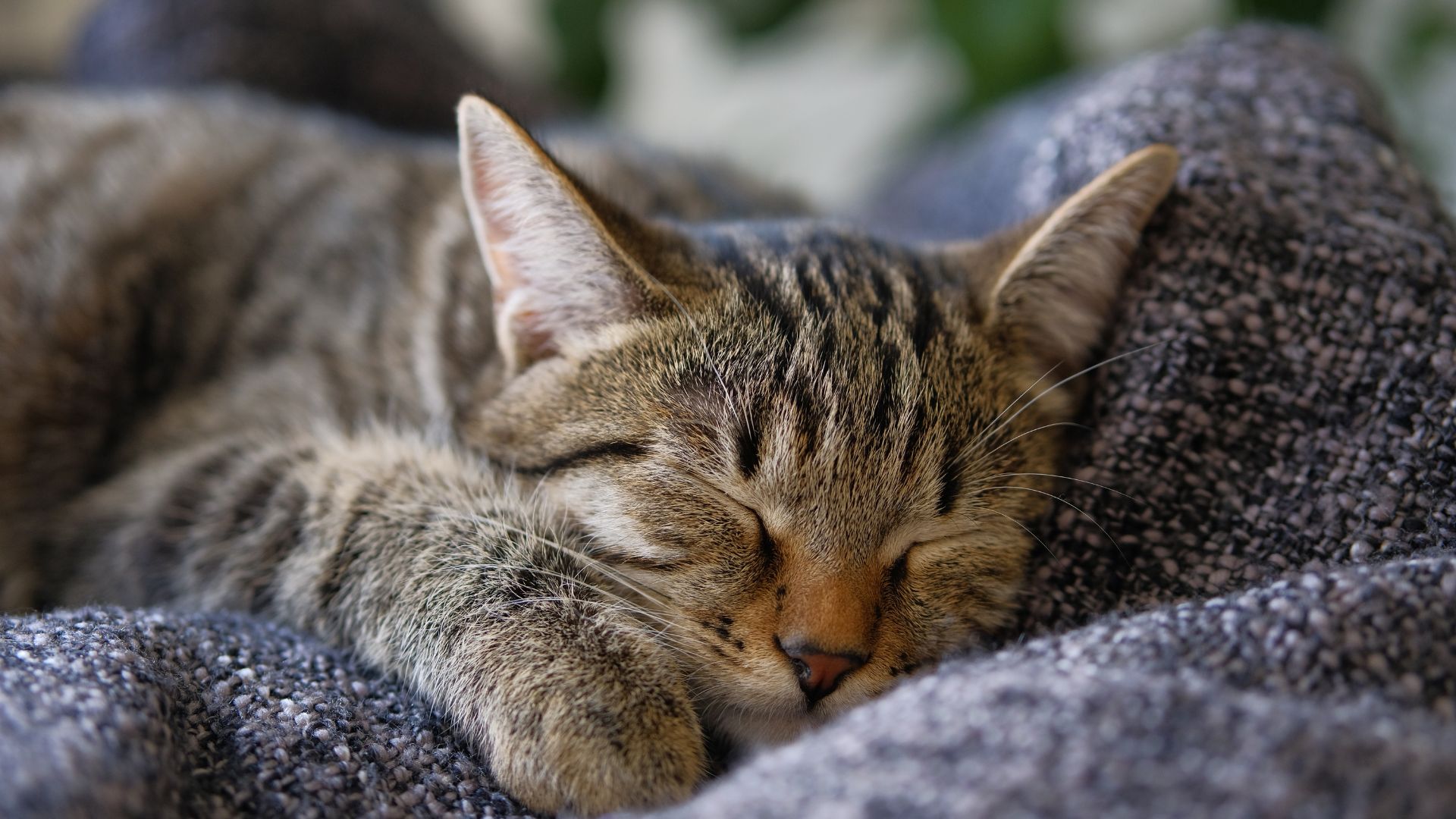
Most cats are known for being laidback creatures. Spending just over half the day sleeping, they’ll spend the rest of their hours curling up on your lap, playing with their toys or sitting on a high-up perch watching the world go by. Afterall, these feline friends are hunters at heart. Therefore their natural instinct is to lie in wait, calmly and quietly. So if calmness is a quality you’re looking for in a pet, a cat is most definitely up to the task.
Cats have smaller carbon footprints
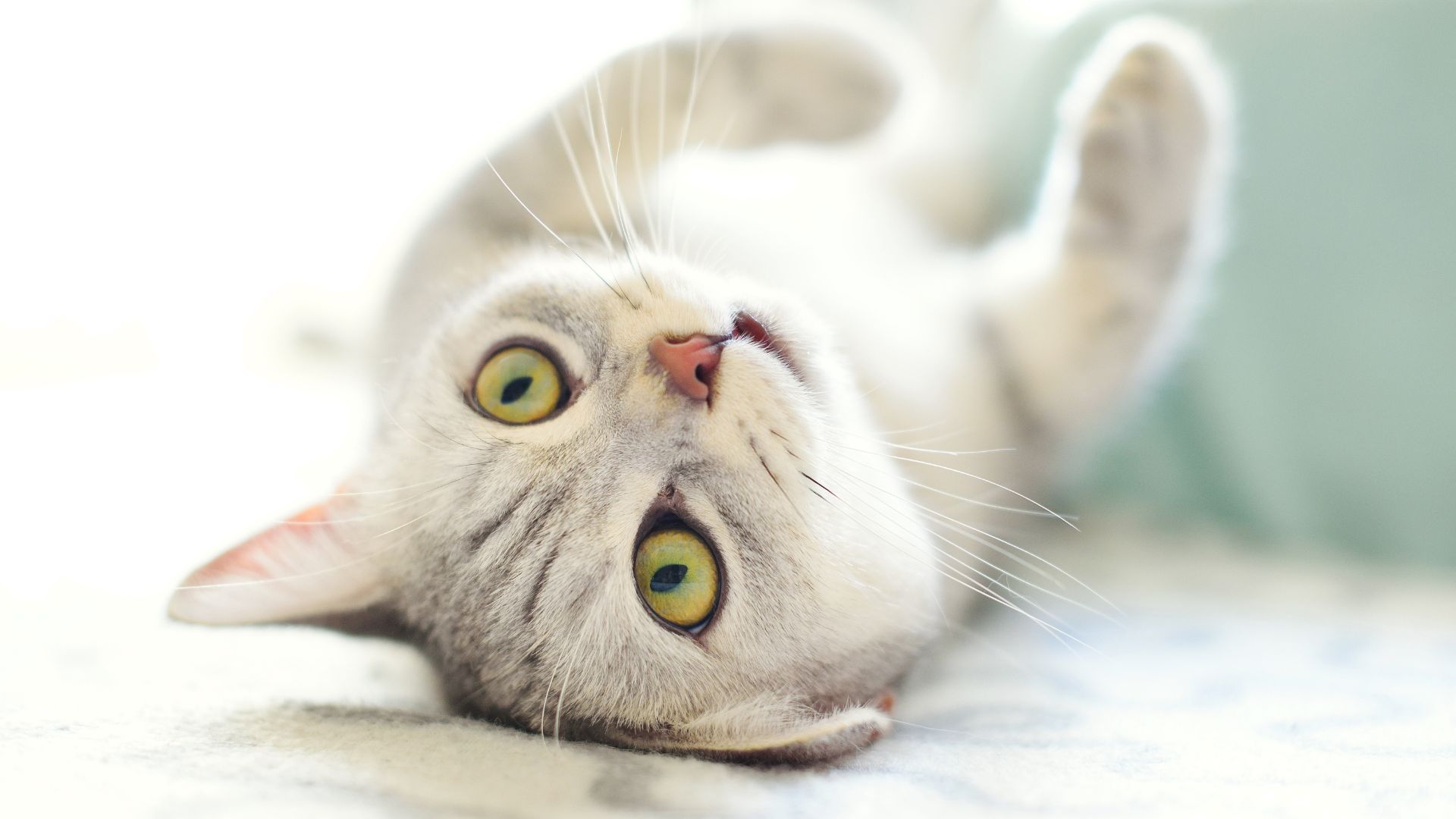
We should all be thinking about how we can better look after the planet and our pets are included. So out of a cat and dog, who has a smaller carbon footprint? Well, from the title of this point, you’ll know that owning a cat is more environmentally friendly than a dog. But how so? It’s believed the average dog produces 770 kg of CO2 per year, while an even larger dog can produce up to 2,500 kg. Whereas a cat generates an average of 310kg.
Cats are good for your health
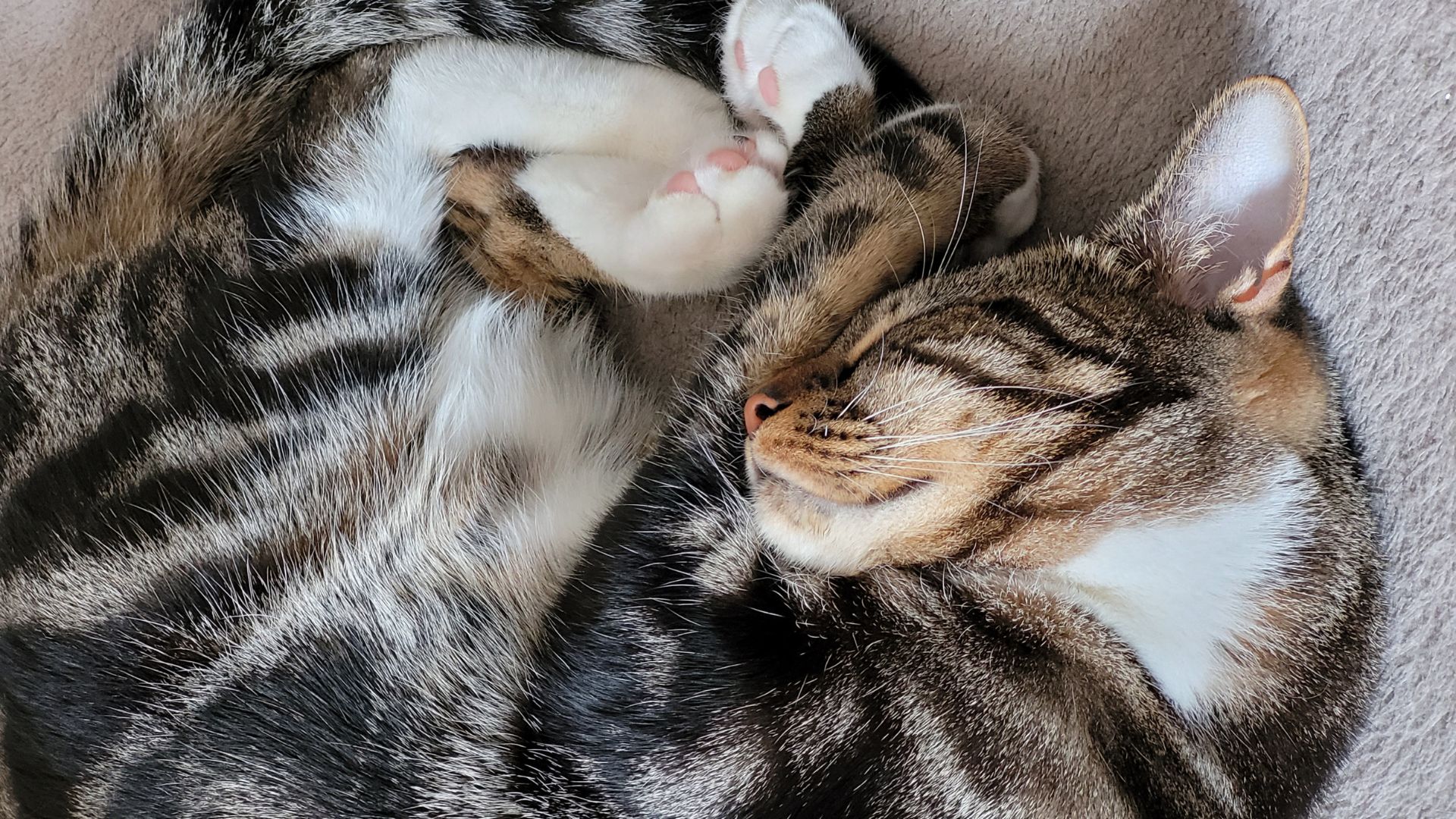
It’s long been proven that cats can be good for your health and for more reasons than one. For example, did you know that cats can help you lower your stress and anxiety levels? While there is evidence to suggest that a cat’s purr can help to calm your nervous system and lower your blood pressure, which is pretty great, right? So if this doesn’t convince you that cats lead the charge and make for the better pet over a dog, we don’t know what will.
Cats splash less around their water bowl
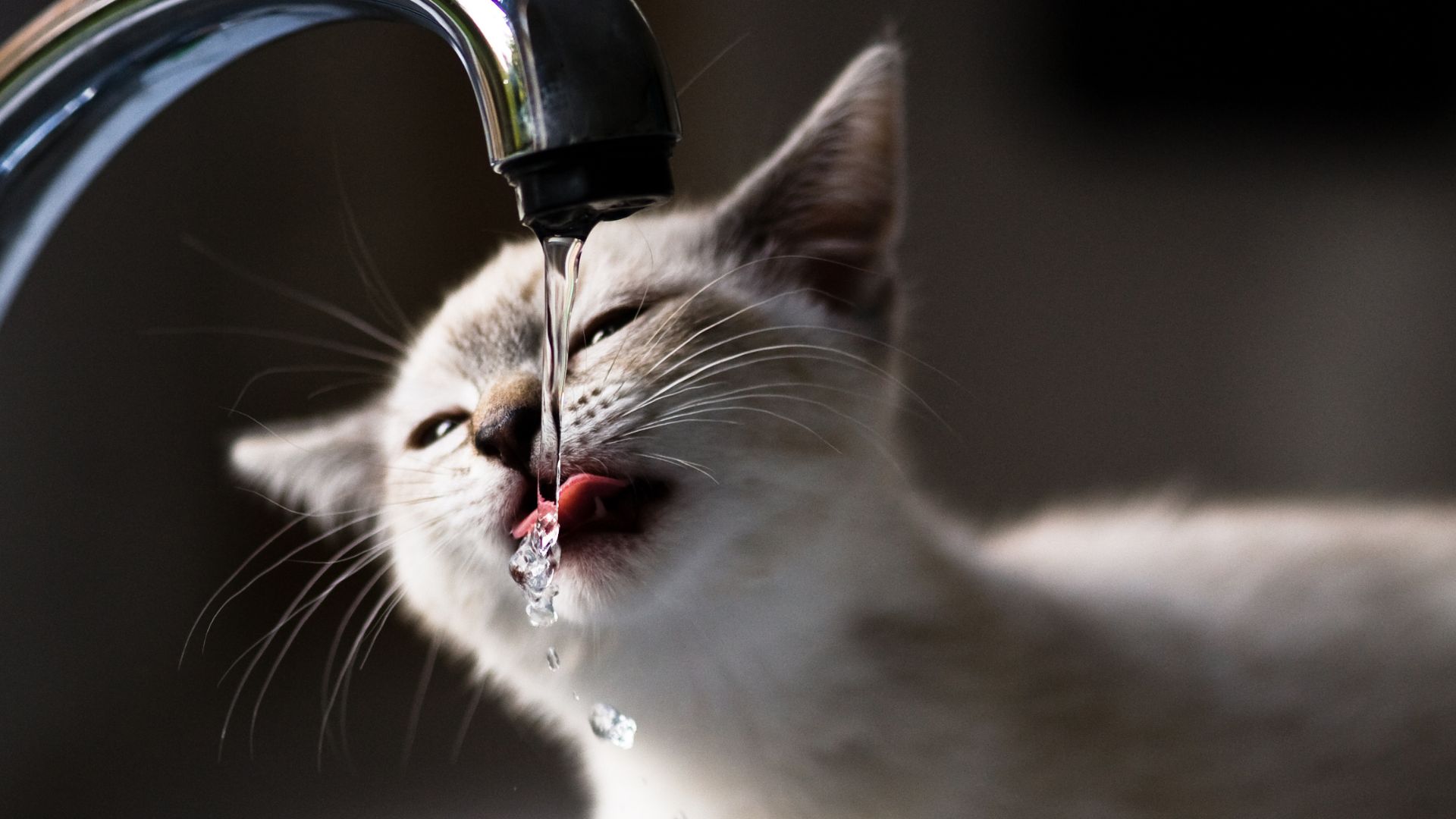
Here’s a question for you: how many times a day do you spend clearing up after your pooch after it’s drunk some water from its water bowl? If you’re struggling to answer that question, it’s most likely because you have lost count. Most dogs are known for being messy creatures. Whereas a cat’s drinking ability is far more elegant and subtle, only dipping their tongue in the water before drawing it back up. Meaning? More water for them and less water to clean up for you.
Looking for a fun and inexpensive way to keep your kitty physically and mentally stimulated? Then be sure to check out our guide on the reasons to use a cat puzzle feeder toy.







